Introduction
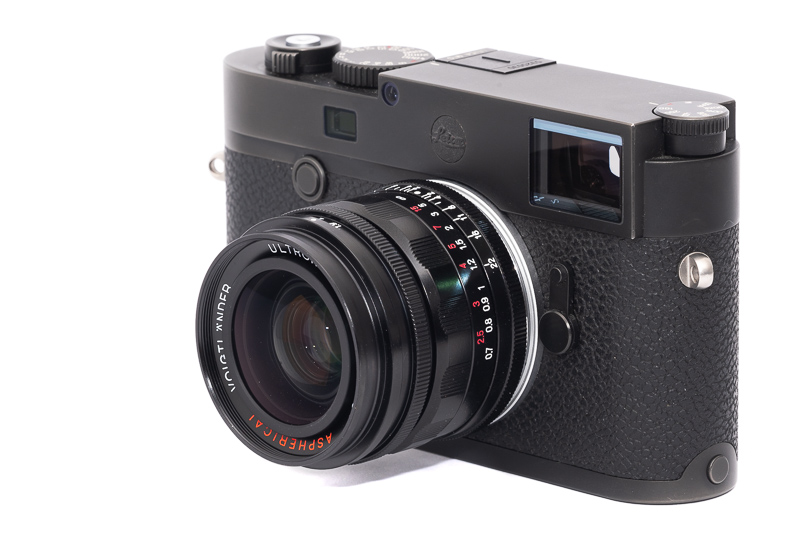
The Voigtländer 28mm 1.9 Ultron was Cosina’s first fast 28mm lens when released in 2001 and it should still be the fastest 28mm lens for M39/LTM to this day – not that the difference between f/1.9 and f/2.0 is relevant in any way.
In the meantime there have been two successors (that I already reviewed) and I am really curious, to find out now, how it all started. Let’s have a closer look at this 28mm lens with its odd f/1.9 maximum aperture.
This lens will be reviewed on the 42mp Sony A7rII and the 24mp Leica M10.
Sample Images
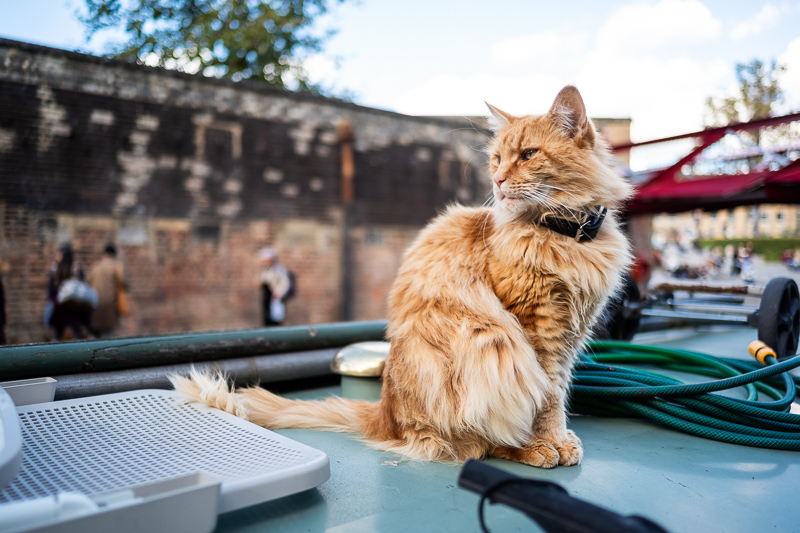
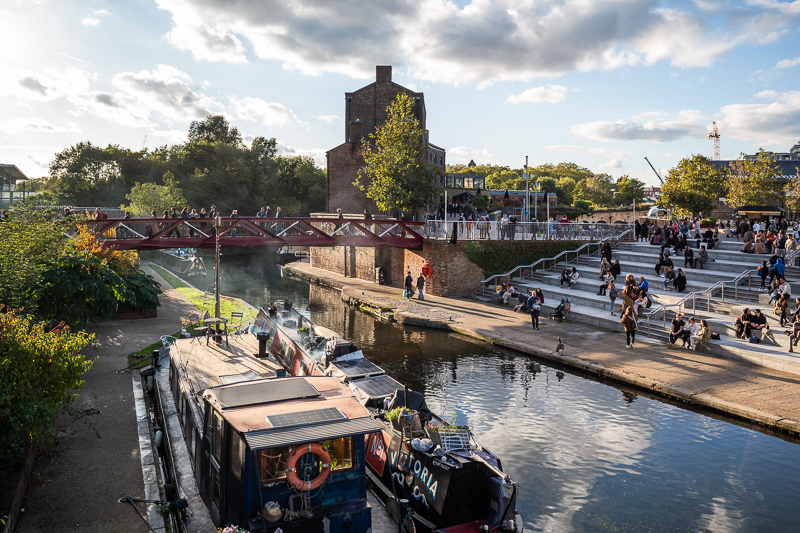
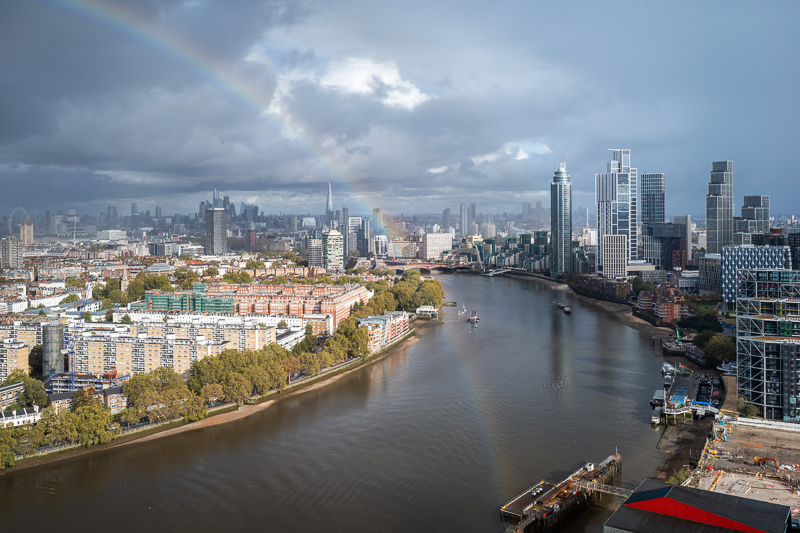
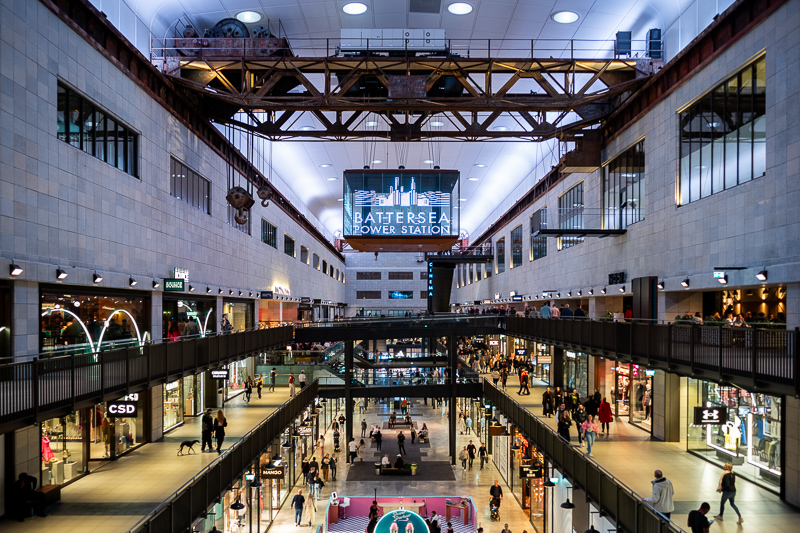
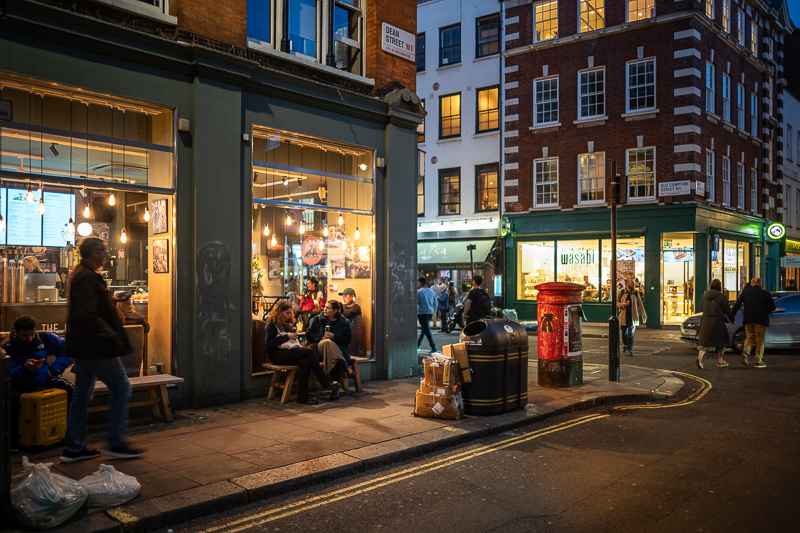
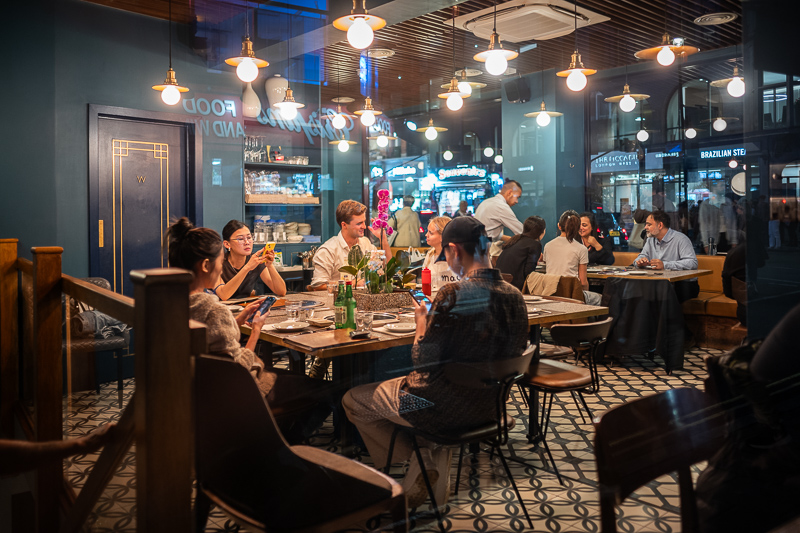
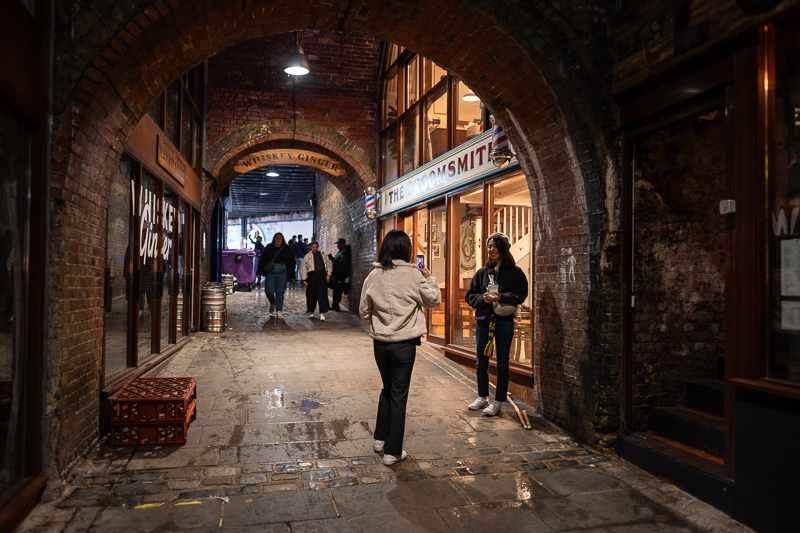
Most of the sample images in this review can be found in full resolution here.
Contents
Specifications/Version History
This Voigtländer 28mm 1.9 Ultron was Cosina’s first fast 28mm rangefinder lens. There have already been several successors since:
- Voigtlander 28mm 1.9 Ultron
261g (black and silver), 9/7 design, 46 mm filter thread, MFD 0.7 m, M39, 2001-2007 - Voigtlander VM 28mm 2.0 Ultron
238g (black), 10/8 design, 46 mm filter thread, MFD 0.7 m, M-mount, 2008-2021 - Voigtlander VM 28mm 2.0 Ultron Type I
188g (black), 10/7 design, 39 mm filter thread, MFD 0.5 m, M-mount, 2021- - Voigtlander VM 28mm 2.0 Ultron Type II
230g (black/silver), 10/7 design, 39 mm filter thread, MFD 0.5 m, M-mount, 2021-
The early f/1.9 version has the following specifications:
-
- Diameter: 55 mm
- Field of view: 74.5° (diagonally)
- Length: 49 mm
- Weight: 260g (without hood and caps)
- Filter Diameter: 46 mm
- Number of Aperture Blades: 10 (straight)
- Elements/Groups: 9/7
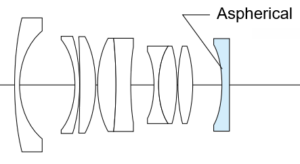
- Close Focusing Distance: 0.7 m
- Maximum Magnification: 1:21.2 (measured)
- Mount: M39
This lens has been discontinued long time ago, you can mainly find it on ebay.com | ebay.de (affiliate links) for ~$499
Handling / Build Quality
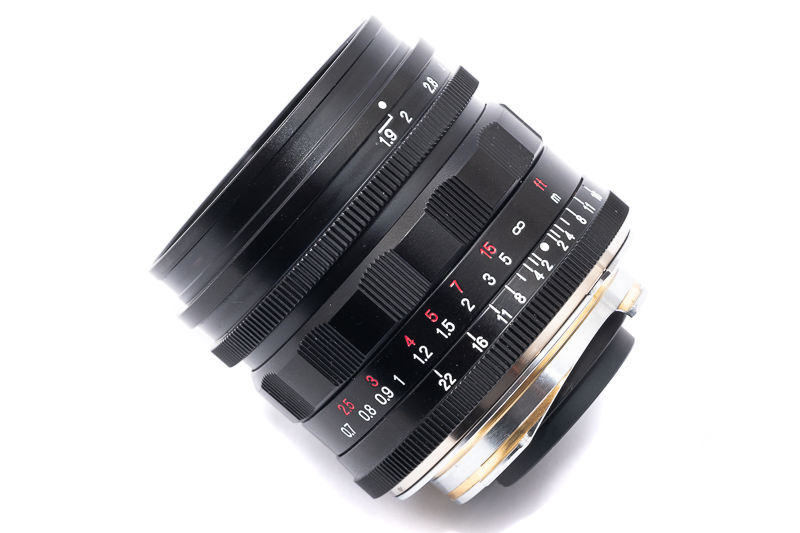
Cosina started producing M39 rangefinder lenses under the Voigtländer brand in 1999. This Voigtländer 28mm 1.9 Ultron had been released in 2001, so it can still be considered one of Cosina’s earlier rangefinder lenses and there are some notable differences compared to their latest M-mount lenses.
Being an M39 lens means you need an M39->M-mount adapter to use this lens on your modern digital M-mount camera. These adapters add another variable to the equation that may screw up your rangefinder coupling and the lens will most likely not sit perfectly centered on your camera.
The benefit is that you are also able to mount this lens on some older rangefinder cameras that feature the M39 mount (also known as LTM = Leica Thread Mount).
Most of Cosina’s current black lenses are made from matte anodized aluminium. Here the situation is a bit different though: the 28mm 1.9 Ultron looks a lot like the Leica “black paint” cameras and lenses, and with a lot of use it will show a similar kind of wear (“brassing” as some people call it), but the lens is too light to be made of actual brass. Going by its weight I am guessing it is also made from aluminium. This sample is in amazing condition and it doesn’t show any of that wear though.
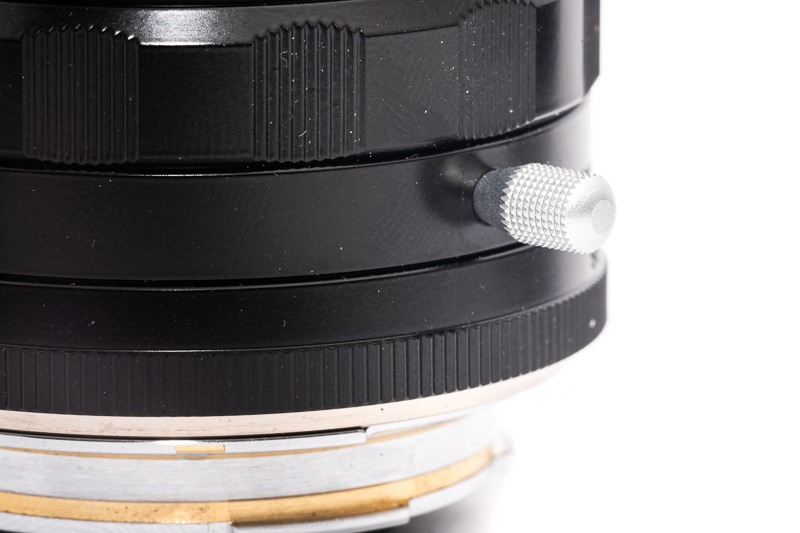
There have been several different casing designs of Cosina lenses over the past two decades. This one doesn’t come with a red dot for easier mounting but you do get a tiny removable focus lever.

Here markings are red/white (engraved and filled with paint). The focus ring has a very nice and perfectly even resistance and turns about 90° from the minimum focus distance of 0.7 m to infinity.
The aperture ring has equidistant and distinct half-stop click stops and feels very tightly assembled.
No matter whether you are using the hood or not, there is significant rangefinder blockage.
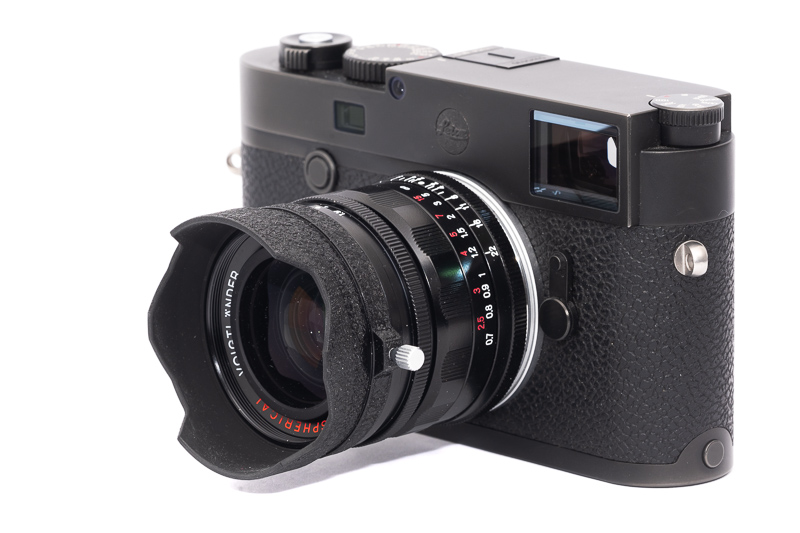
Talking about the hood, this one doesn’t come with a bayonet, it is held in place by a small screw on the side. Some people seem to really hate these old Voigtländer hoods, I think this one fits the texture of the M10’s leather quite well.
I do generally prefer the bayonet type hoods, but the good news here is, that no matter the M39->M adapter, you can perfectly align the hood.
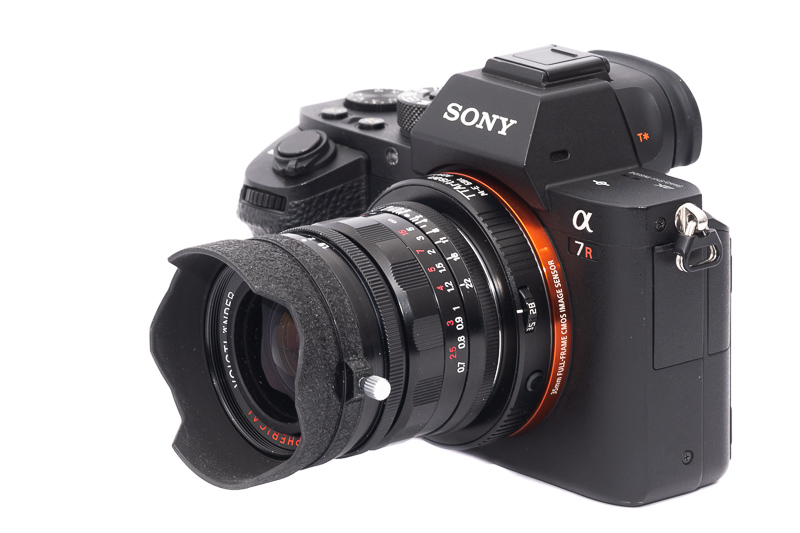
When adapting this lens to a Sony-E or Nikon-Z camera you can use e.g. the TTArtisan 6-bit adapter to give it basic EXIF data or the Techart LM-EA9 to equip it with autofocus – the latter is which I did for some of the sample pictures you find in this review.
Vignetting
light falloff
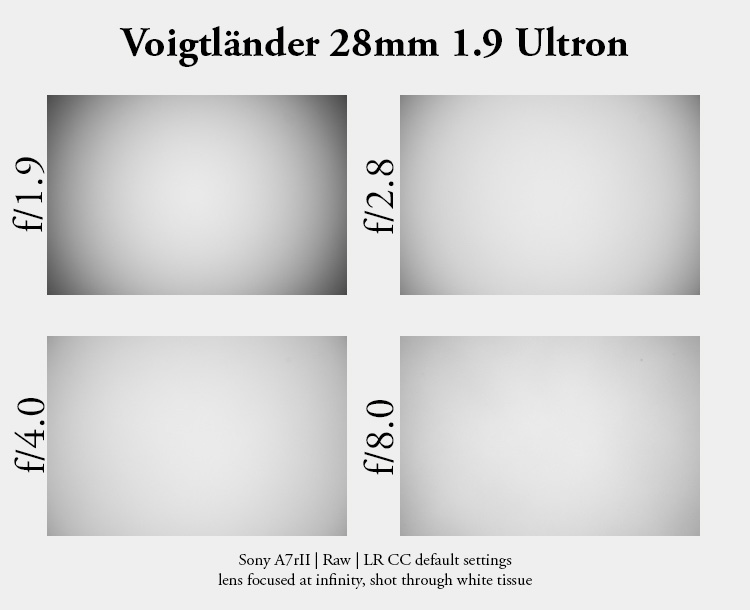
| f/1.9 | 3.4 EV |
| f/2.8 | 2.3 EV |
| f/4.0 | 1.9 EV |
| f/5.6 - f/22 | 1.6 EV |
To be honest with you, due to this lens being noticeably bigger than its successors I was hoping for a little less vignetting, but thtat isn’t really the case. Wide open I measure about 3.4 EV corner shading which is a whole lot and the same as the latest Voigtländer 28mm 2.0 MK II. For comparison the 7Artisans 28mm 1.4 shows 1.5 EV less vignetting at f/2.0, which is a visible difference.
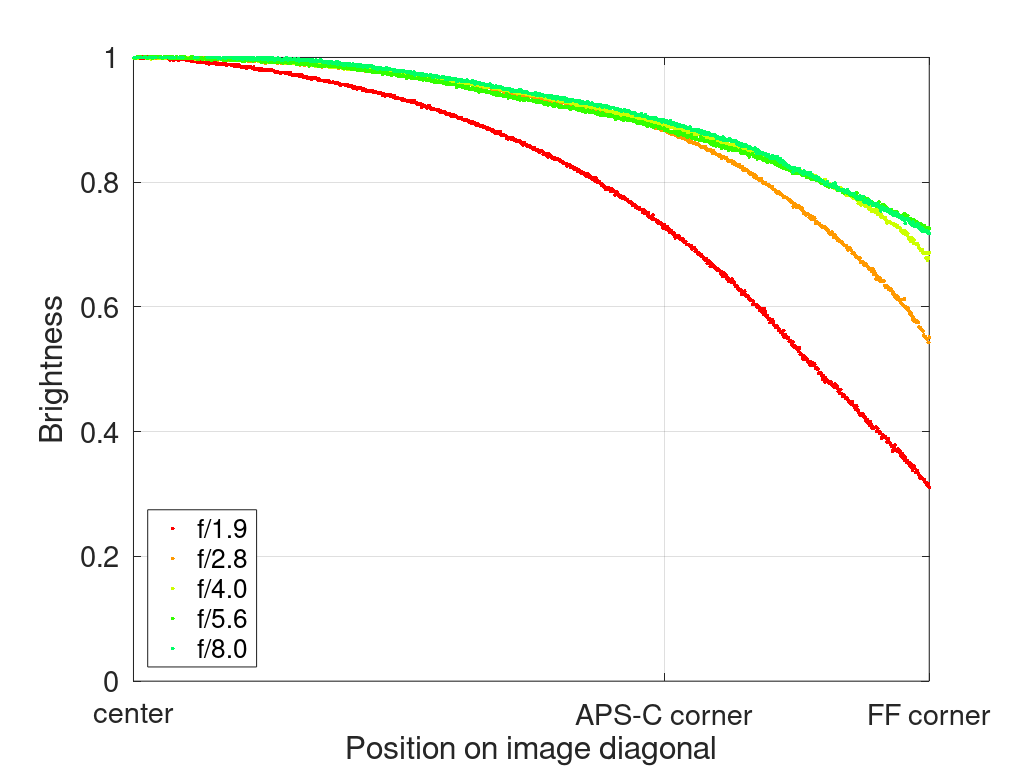
It is recommended to have a look at this article first to get an idea how this brightness graph works.
optical vignetting
Very fast yet compact lenses usually show a significant amount of optical vignetting. Without going too much into technical details optical vignetting leads to the truncation of light circles towards the borders of the frame.
In the center of the frame almost every lens will render a perfect circle, but only lenses with very low optical vignetting will keep this shape in the corners.
So in the following comparison we move from the center (left) to the extreme corner (right) and see how the shape of the light circle changes.
The latest Voigtländer VM 28mm 2.0 Ultron MK II showed massive optical vignetting and admittedly I was hoping this older and bigger lens may perform better in this category. In fact the optical vignetting of this older lens is lower, but not nearly enough to get excited about. The 7Artisans 28mm 1.4 still performs the best here, even at f/1.4 it shows less optical vignetting than the Voigtländers at f/1.9 and f/2.0.
All the lenses in this comparison also show noticeable onion ring structures caused by their aspherical elements.
All shots have been taken at 0.5 m focus distance, you may get slightly different results at other distances. I did not shoot all the lenses side by side, if I did the circles would be roughly the same size at shared aperture values.
color cast

Just like its successors the 28mm 1.9 shows a faint green color cast in the corners on the Sony sensors. On the M10 I didn’t notice this and in the field this is also hardly visible, so I don’t even have a sample clearly showing it.
Sharpness
Focus shift
The Voigtländer 28mm 1.9 Ultron shows a very small amount of focus shift. I doubt this will be noticeable in the field.
infinity (42mp Sony A7rII, 24mp Leica M10)
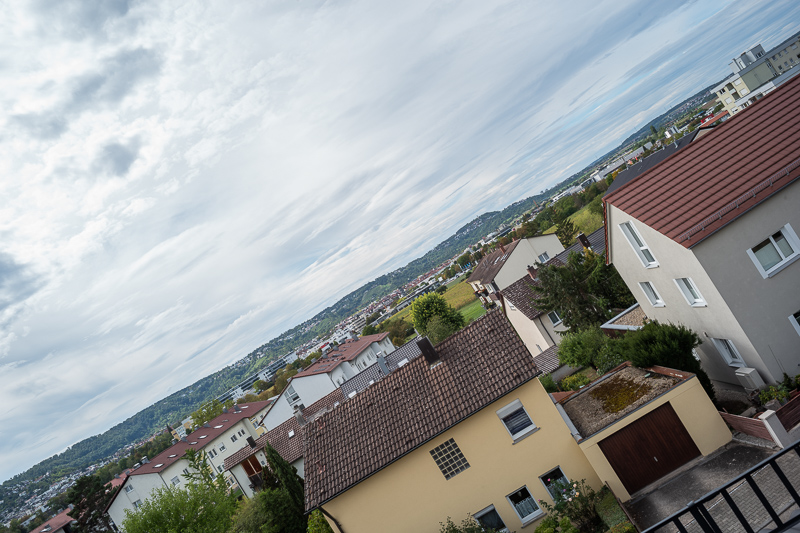
At its maximum aperture the Voigtländer 28mm 1.9 Ultron shows noticeable glow (spherical aberration), even leading to some bloom around the bright parts of the frame – similar to what you would get using a diffusion filter or adding an Orton effect in post. Stopped down to f/2.8 this effect is already gone.
On the Leica M10 we see a steady decline in sharpness towards the corners and I would use f/11 for best across frame sharpness.
On a Sony camera the corners looks significantly worse, even at f/11 they don’t look particularly good.
In this category the latest Voigtländer VM 28mm 2.0 Ultron MK II is an amazing performer by comparison. At f/2.0 it already performs better than this earlier lens at any aperture.
portrait distance (0.9 m, 24mp Sony A7III vs Leica M10)
For portraiture it isn’t so important how flat the field is, it is more interesting to see what the sharpness is like when focused at different parts of the frame to take field curvature out of the equation.
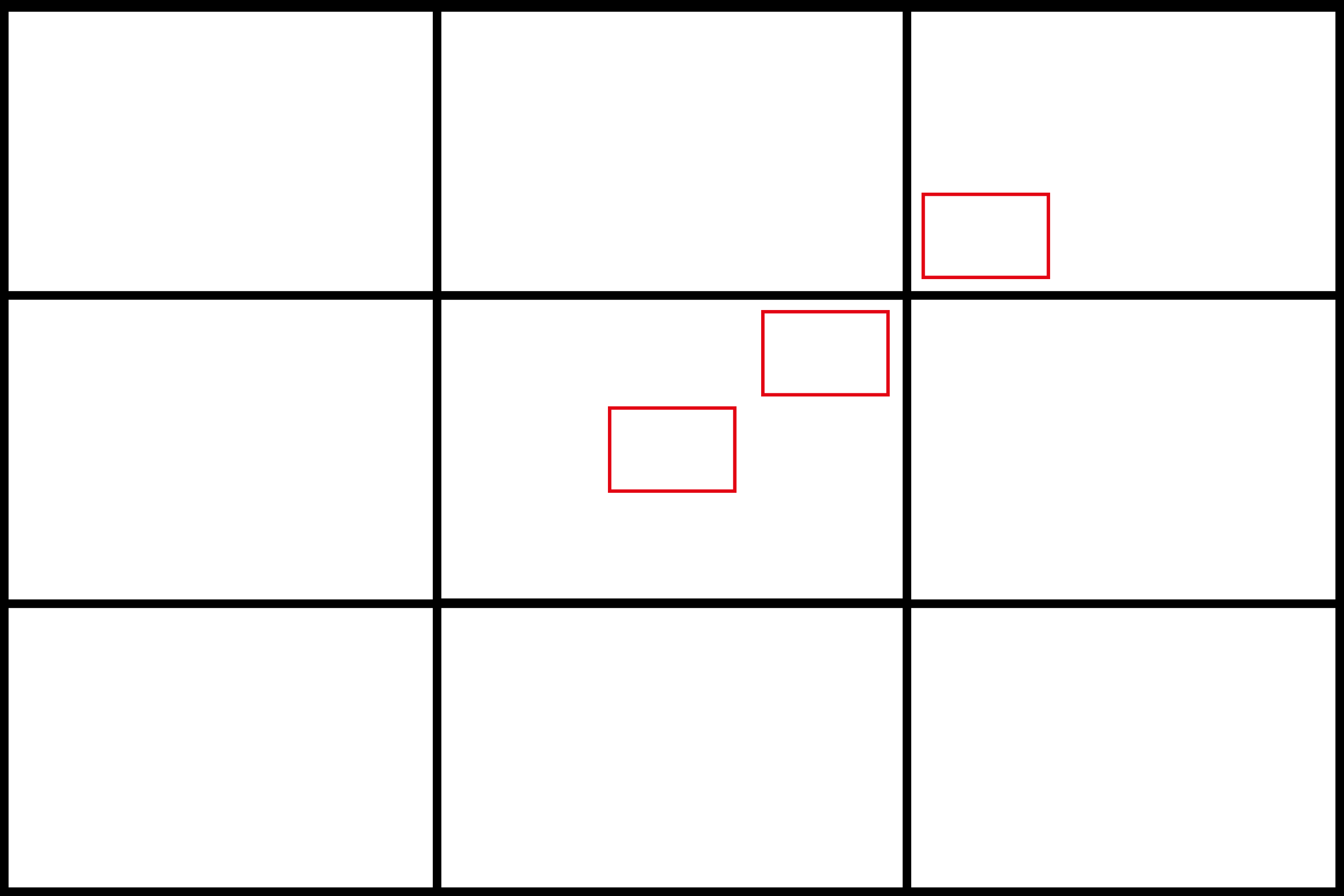
We will be looking at 100% crops from the 24mp Sony A7III and the Leica M10. Both cameras do not have an anti aliasing filter in front of the sensor.
Sony A7III <—> Leica M10
At a focus distance of 0.9 m we see that same glow at f/1.9.
And also at these distances the newer Voigtländer VM 28mm 2.0 Ultron MK II has a pretty much impeccable image quality with very high contrast and sharpness from f/2.0.
There are hardly any notable differences between using this lens on the Leica with its thinner sensor stack or a Sony camera.
close (0.70 m, 1:21.2, 42mp A7rII)
100% crops from center, A7rII, refocused for every shot.
A minimum focus distance of 0.7 m used to be the standard for most M-mount lenses, but since the introduction of liveview in M-mount cameras we see better minimum focus distances more often and the latest 28mm lenses by Voigtländer focus down to 0.5 m.
The performance here is very similar to what we have seen in the previous section. Also here the newer Voigtländer VM 28mm 2.0 Ultron MK II is way more contrasty at its maximum aperture – despite focusing closer.
Flare resistance
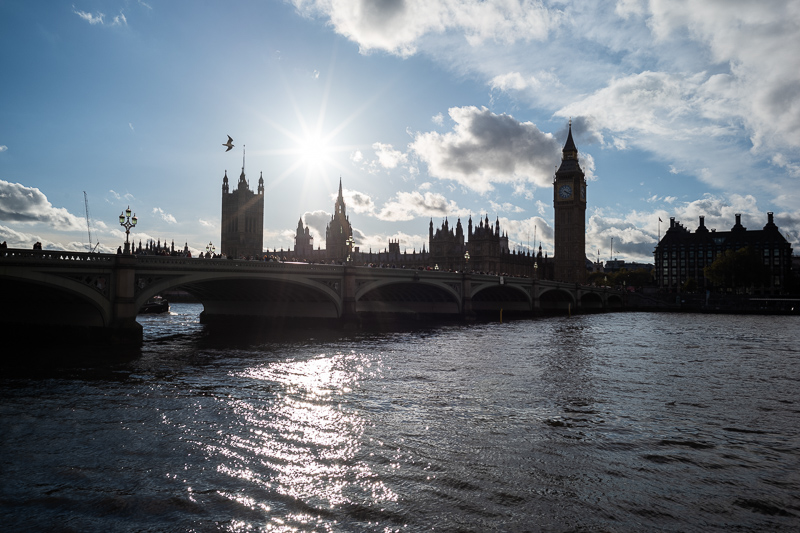
As always evaluating flare is a complex matter since you can get any lens to look bad if you push it hard enough and a slight change of scenario can affect results a lot.
Cosina’s modern Voigtländer lenses are often among the best when it comes to flare resistance. It seems that isn’t necessarily the case for their lenses from the early 2000s though, as we can see plenty of artefacts as well as a noticeable loss in contrast with strong light sources around.
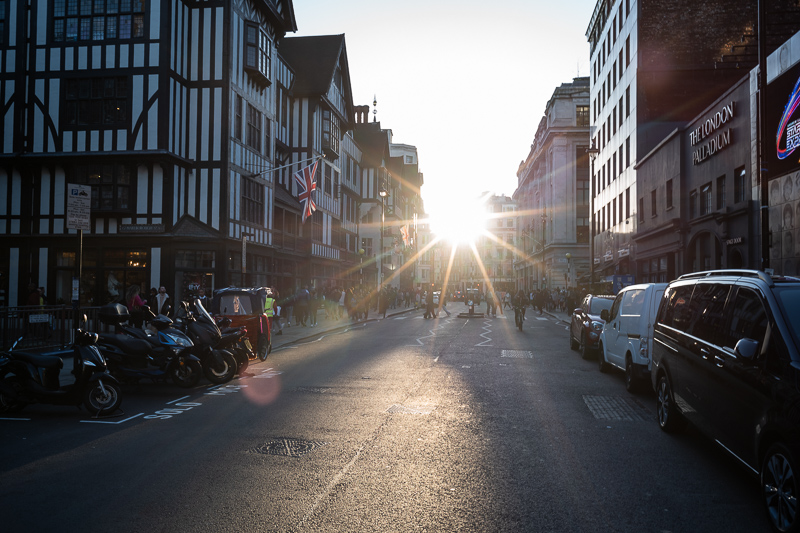
In some situations (like the one above) flare resistance was still better than expected, but also here the newer Voigtländer VM 28mm 2.0 Ultron MK II shows a stronger performance.
Coma
100% crops from extreme corner, focused on center, Leica M10
We see rather strong coma at f/1.9 which is mostly gone by f/2.8, but as we know from the sharpness section: stopping down further for decent corner sharpness is needed anyway.
Probably doesn’t come as a surprise: also here the latest Voigtländer VM 28mm 2.0 Ultron MK II is doing a better job.
Distortion
The Voigtländer 28mm 1.9 Ultron shows low but non-linear distortion. A profile in Lightroom/CameraRAW for correcting this is available and it is doing a good job.
Bokeh
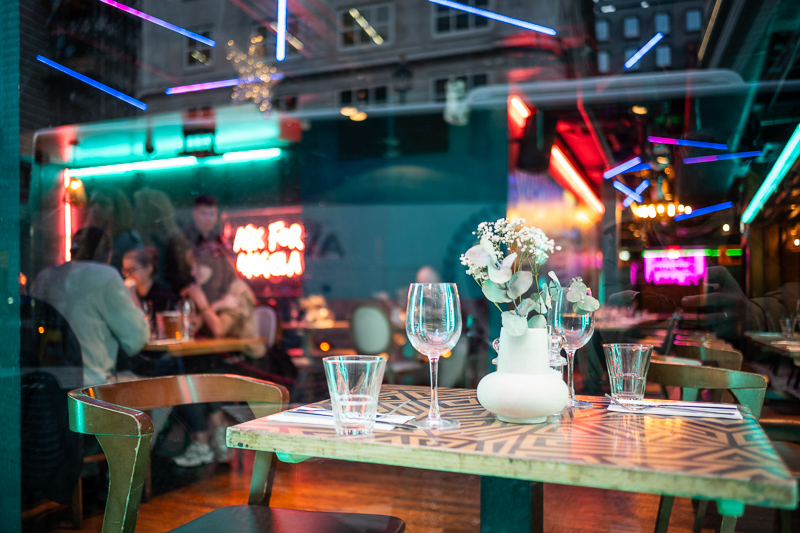
The newer 28mm Voigtländer lenses (28mm 2.0 Ultron MK II and 28mm 2.8 Color-Skopar) are lenses with very high contrast and resolution but also very high (optical) vignetting. This combination is not necessarily the best news for a pleasant out of focus rendering – at least to my eyes.
This is the main reason why I wanted to have a closer look at this older lens in the first place, to see if it has a more pleasing out of focus rendering than the modern ones, so let’s find out.
Close Distance

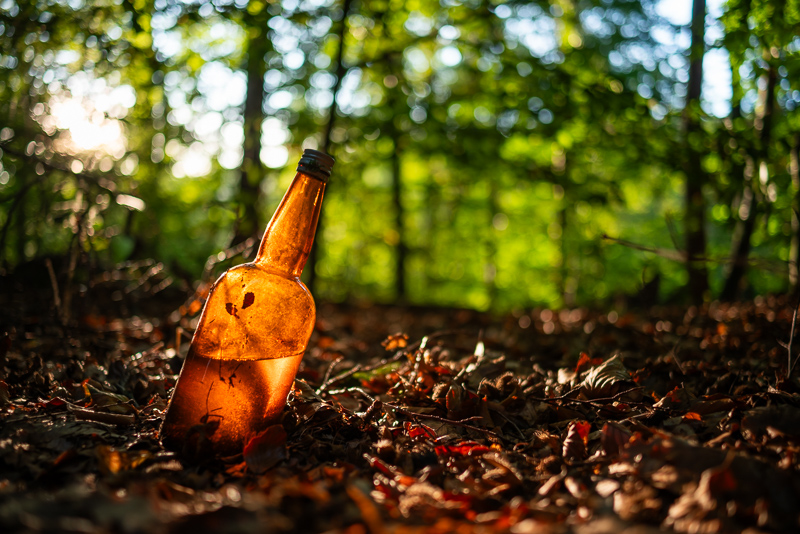
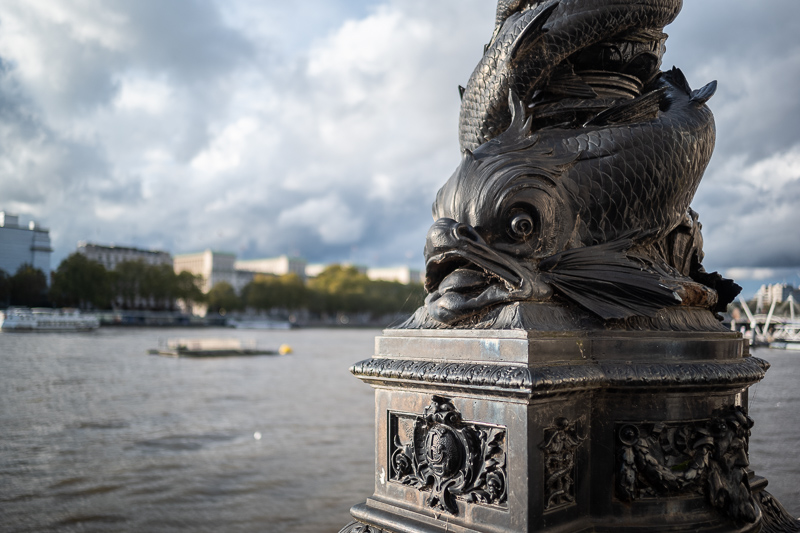
The Voigtländer 28mm 1.9 Ultron only offers a 0.7 m minimum focus distance, so for taking pictures like the first two above I used a Sony camera with a close focus adapter.
I think we might be seeing slightly more nervous bokeh compared to the Voigtländer VM 28mm 2.0 Ultron MK II here.
Mid Distance

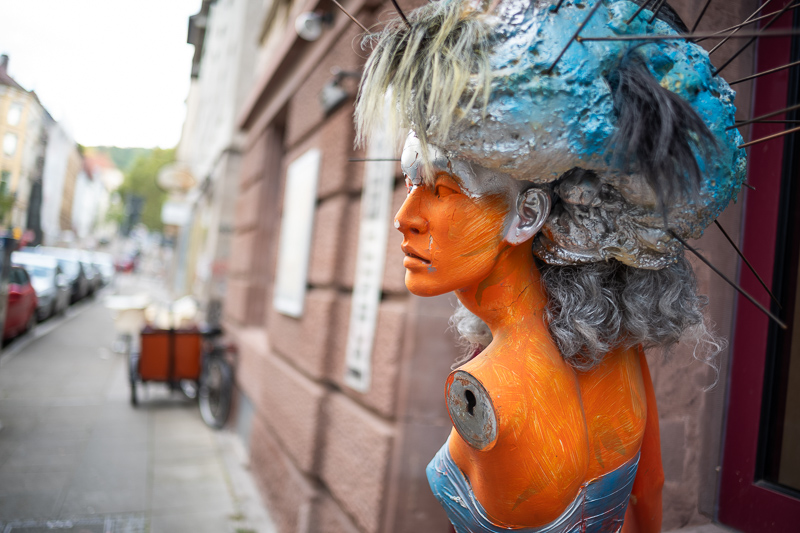
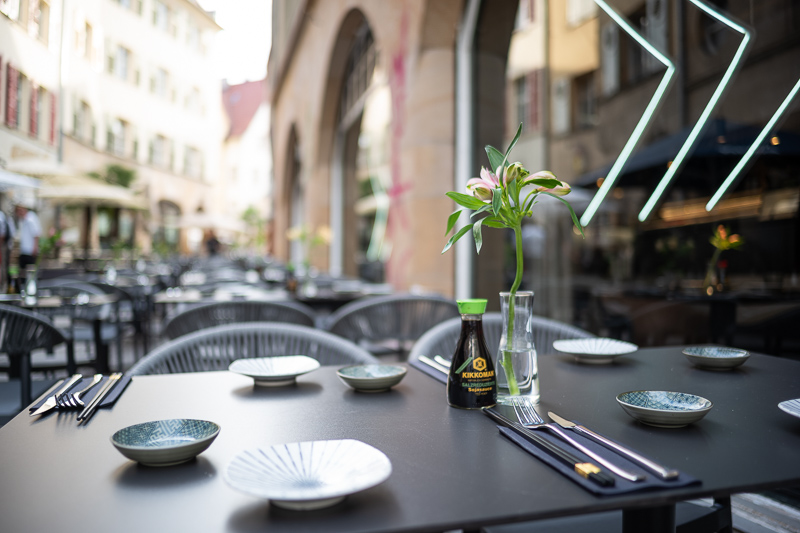
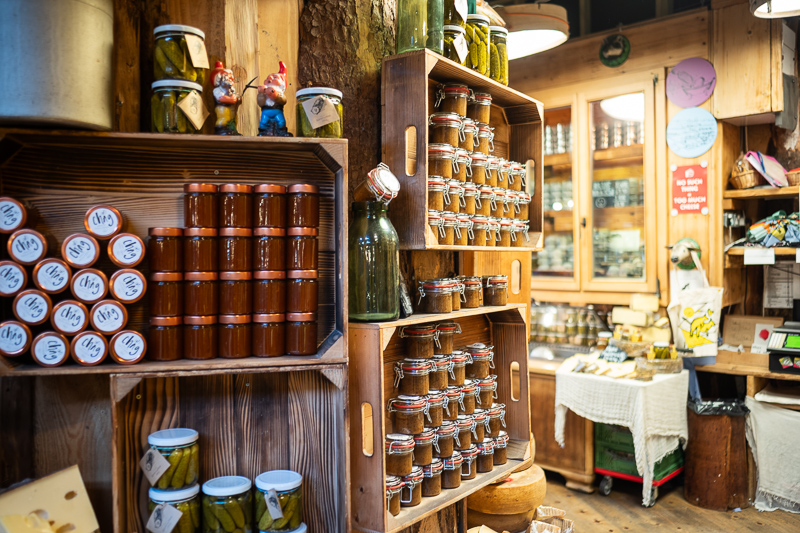
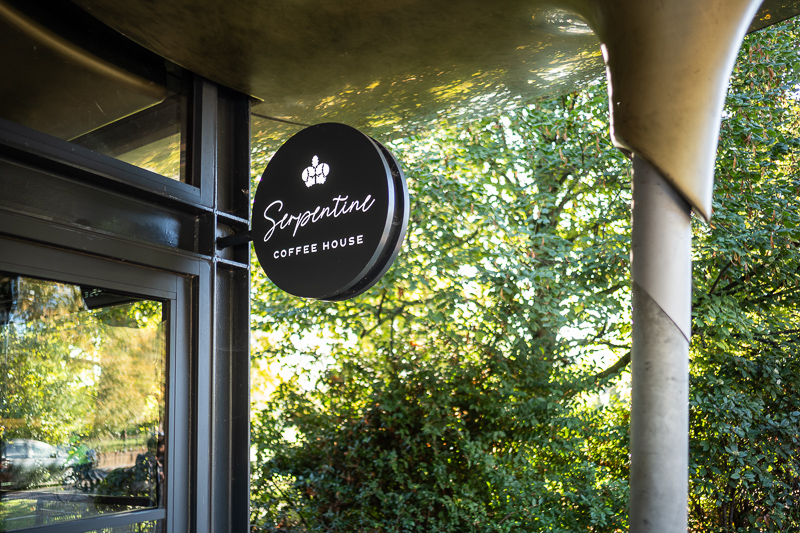
Pictures taken at f/1.9 with this older Voigtländer 28mm 1.9 Ultron do have a bit of a “vintage” look to them, as the lens simply doesn’t have that bitingly high contrast of the new Voigtländer lenses and out of focus areas can appear more structured towards the corners.
In the last two pictures the field curvature is also obvious. While the center of the frame is blurred, the same cannot be said about the border and corner regions. Usually this becomes a bigger issue at longer distances…
Long distance
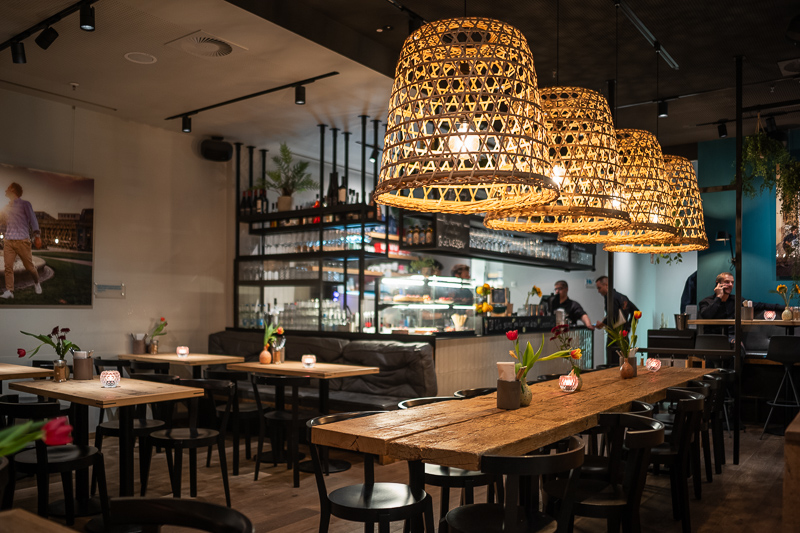
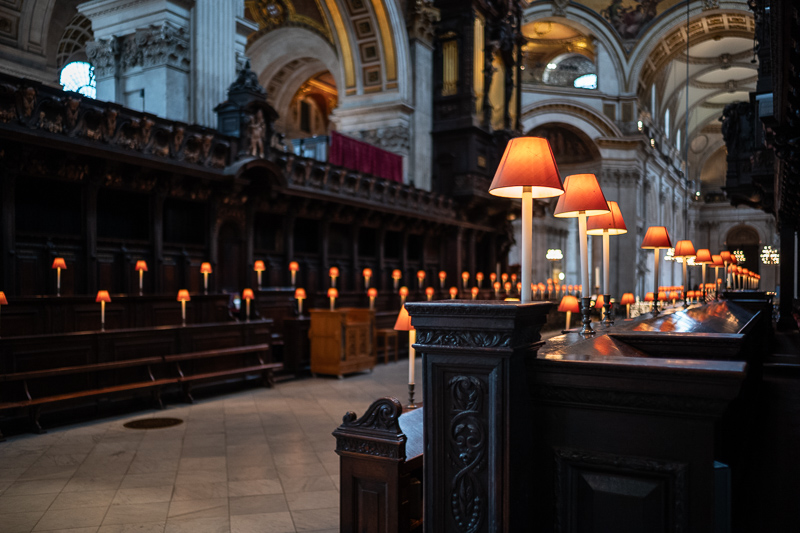
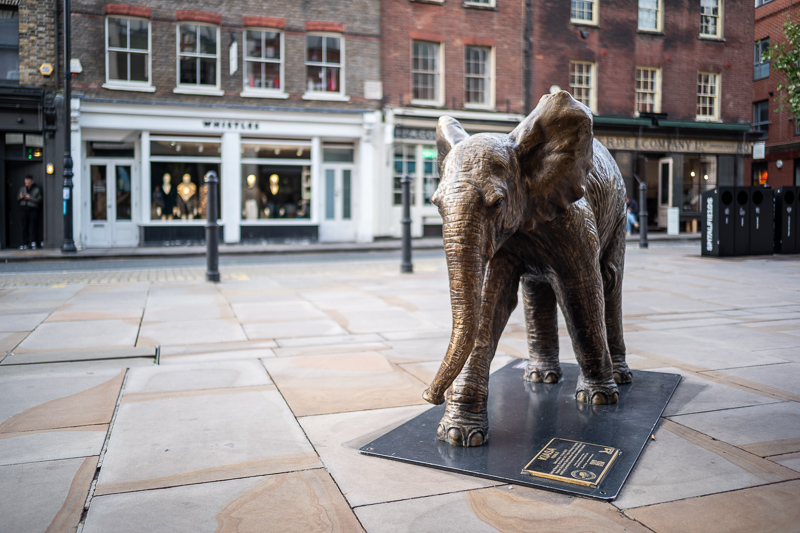
At longer focus distances a maximum aperture of f/1.9 in a 28mm isn’t sufficient for isolating your subject, so you will only get a rather subtle amount of bokeh at these distances.
If you are looking for a lens that yields this full-body-shot-wide-angle-bokeh there are better options available, the first that comes to mind due to having the same focal length is the 7Artisans 28mm 1.4. Even better suited are fast 35mm lenses. The most compact option is the Voigtländer VM 35mm 1.2 III.
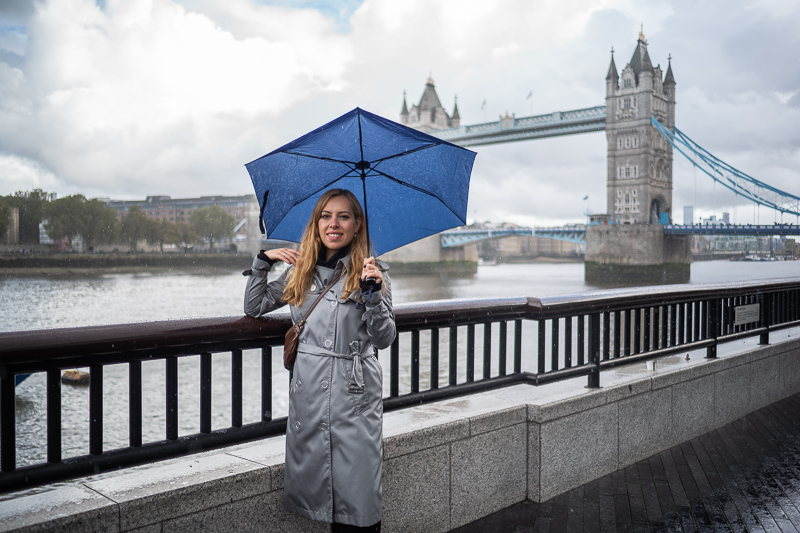
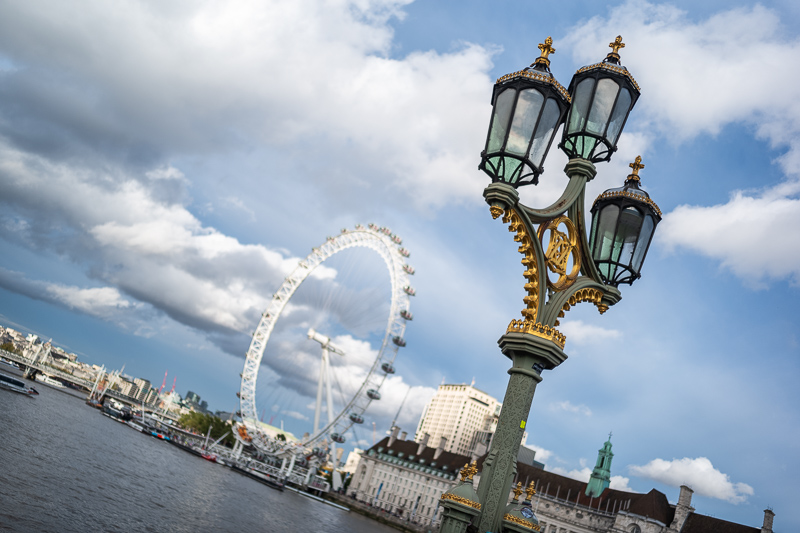
In the pictures above we can again see, that the center of the frame is blurred whereas the corners are in focus.
I have used the following scene before to showcase this effect optical vignetting and field curvature can have on the bokeh rendering, but this time I pivoted the camera after the first shot to also show you, what the elements in the corner would look like if they were in the center of the frame:
We shouldn’t be able to read that text in the corner here…
The Voigtländer VM 28mm 2.0 Ultron MK II also shows this effect, as it also features a whole lof ot optical vignetting, but I think field curvature is a bit better tamed with the newer lens.
Sunstars
Already in 2001 Cosina was using aperture diaphragms with the 10 straight blades for their Voigtländer lenses that lead to distinct sunstars. If you want to know more about sunstar rendering of different lenses have a look at this article.
Chromatic aberration
lateral
The Voigtländer 28mm 1.9 Ultron hardly shows any lateral CA, as it is from an era before digital cameras were the norm, this doesn’t come as a big surprise.
longitudinal
Bokeh fringing is definitely a thing with this lens at f/1.9, as we see magenta outlining in the foreground as well as green outlining in the background. The spherical aberration masks this aberration a bit though.
Leica M10 | Voigtlander 28mm 1.9 Ultron | f/1.9
Purple fringing is also present and even stopped down to f/4.0 some traces remain:
Leica M10 | Voigtlander 28mm 1.9 Ultron | 100% crops
When you stop down the color correction greatly improves, but it takes stopping down to at least f/5.6 to really get rid of the purple fringing.
What about the comparison to the newer Voigtländer VM 28mm 2.0 Ultron MK II in this category? The newer lens shows a little less bokeh fringing at its maximum aperture, but getting rid of the purple fringing completely also takes stopping down to f/5.6.
Conclusion
good
|
average
|
not good
|
New isn’t always better, but sometimes it is. And this is one such case. After having used all three generations of this lens that have been released between 2001 and 2021, I see clear improvements with every generation.
Contrast, resolution and also flare resistance have been greatly increased, at the same time size and weight have been significantly reduced. Quite the engineering achievement.
So at the end of the day, I think this lens is mainly interesting to those that need a fast 28mm lens that still makes use of an M39 connection for their analogue camera, or those that are looking for a bit of that “vintage” wide open glow.
This lens has been discontinued long time ago, you can mainly find it on ebay.com | ebay.de (affiliate links) for ~$500
Alternatives
You can find all my reviews of 28mm M-mount lens reviews here, so I will only talk about the most obvious alternatives in more detail.
Voigtlander VM 28mm 2.0 Ultron MK II:
For most people this newer lens is the better choice as it offers higher contrast, higher resolution, better flare resistance, a better minimum focus distance while at the same time being smaller and lighter. The reasons to prefer this older 28mm 1.9 lens are if you simply like its glowy wide open look more or if you want to use the lens on an M39 analogue camera, which is not possible with the new lens.
buy from B&H | ebay.com | ebay.de (affiliate links) for $799
Voigtlander VM 28mm 2.0 Ultron:
In terms of performance this sits inbetween the latest MK II version and this older 28mm 1.9 lens. It generally offers better image quality than this f/1.9 lens, but still has that 0.7 m MFD and doesn’t feature the same vintage feel and wide open glow.
buy from amazon.de | ebay.com | ebay.de (affiliate links) for ~500$ (used)
Voigtlander VM 28mm 2.8 Color-Skopar:
This is Cosina’s latest 28mm M-mount lens as of the time of writing this (late 2023). It is also their smallest and lightest 28mm lens. If you don’t really care about the f/2.0 maximum aperture this lens offers more or less the same performance as the VM 28mm 2.0 MK II in a smaller package at a somewhat lower pricepoint.
buy from ebay.com | B&H (affiliate link) for $699
7Artisans 28mm 1.4:
Roughly one stop faster and a very decent performer, that you can get new for roughly the same price. It shares a minimum focus distance of 0.7 m and not that great flare resistance.
In terms of size and weight you may feel this lens is too big and heavy for the Leica M-cameras.
buy from ebay.com | ebay.de for about $495 (affiliate links)
Leica 28mm M-mount lenses:
Leica offers a 28mm 2.8 Elmarit ($2600), 28mm 2.0 Summicron ($5100) and 28mm 1.4 Summilux ($7800). Due to their prohibitive pricing I have no personal experience with any of them.
buy from B&H (affiliate link)
Sample Images
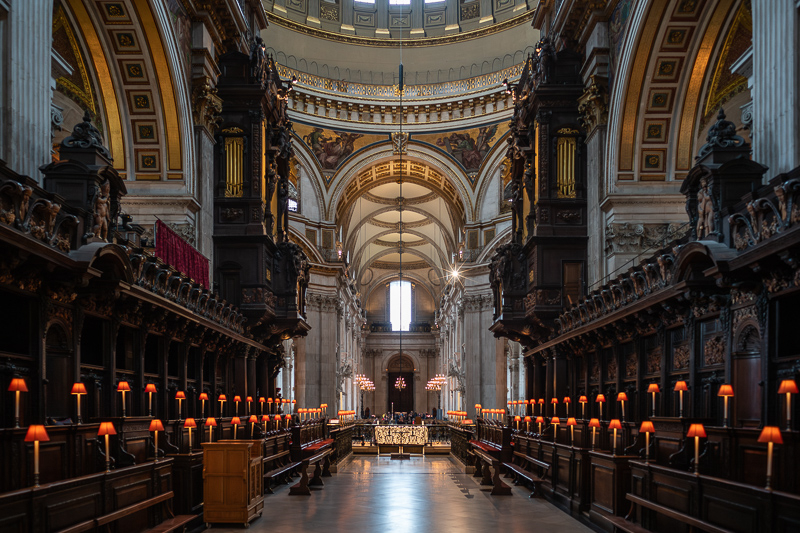

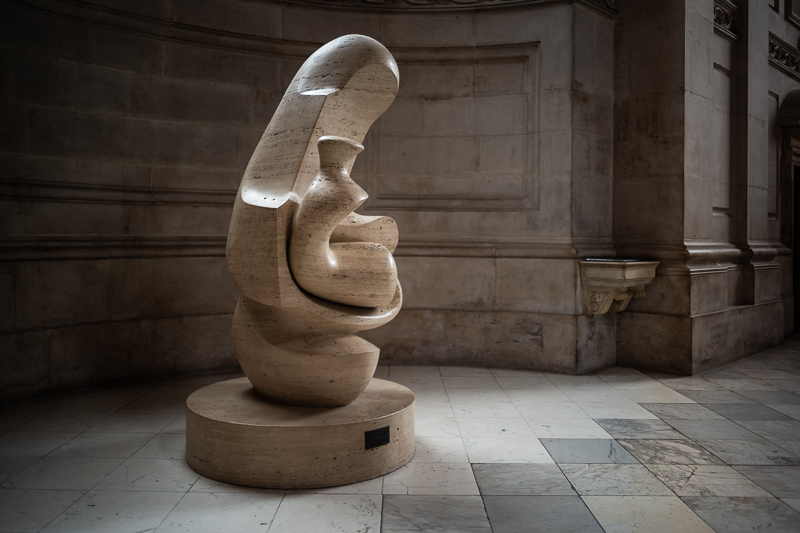
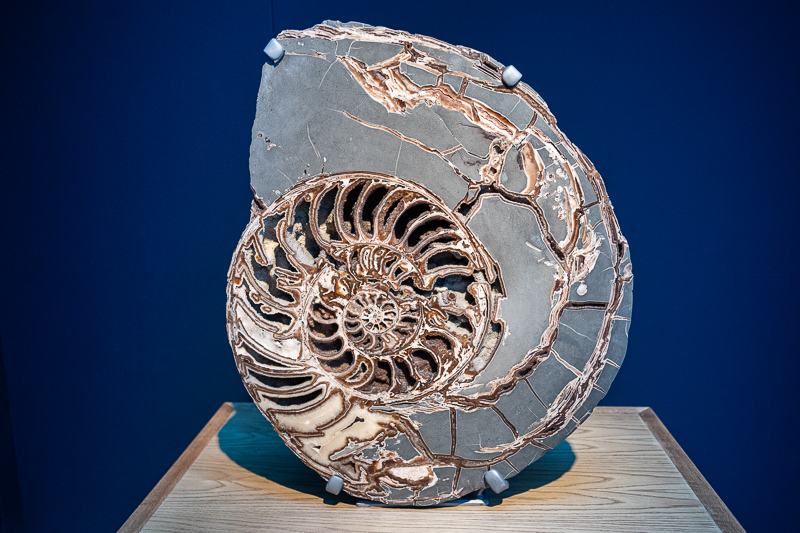
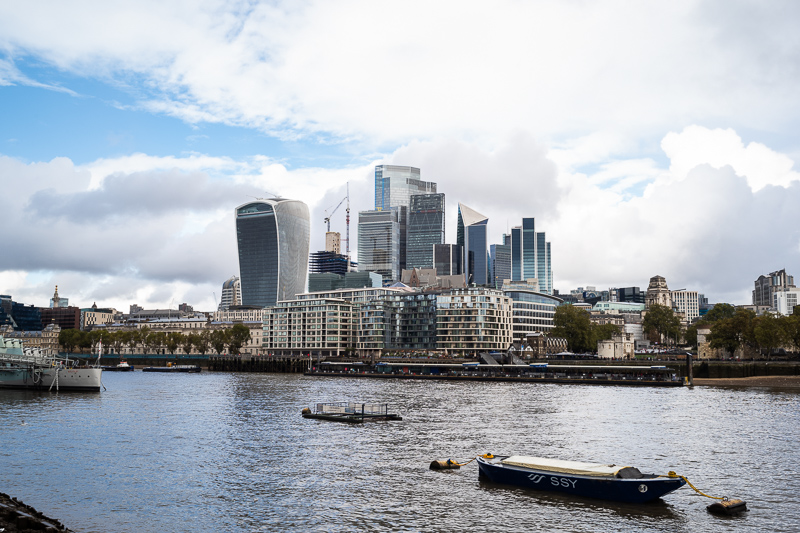
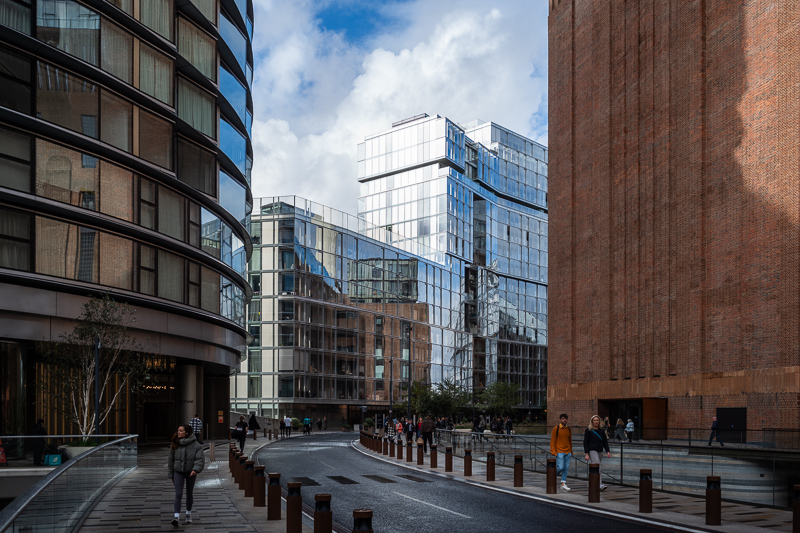
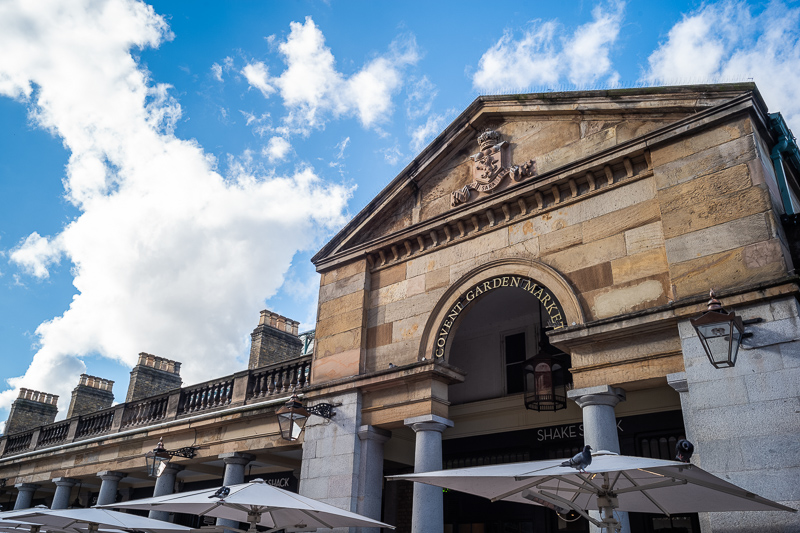
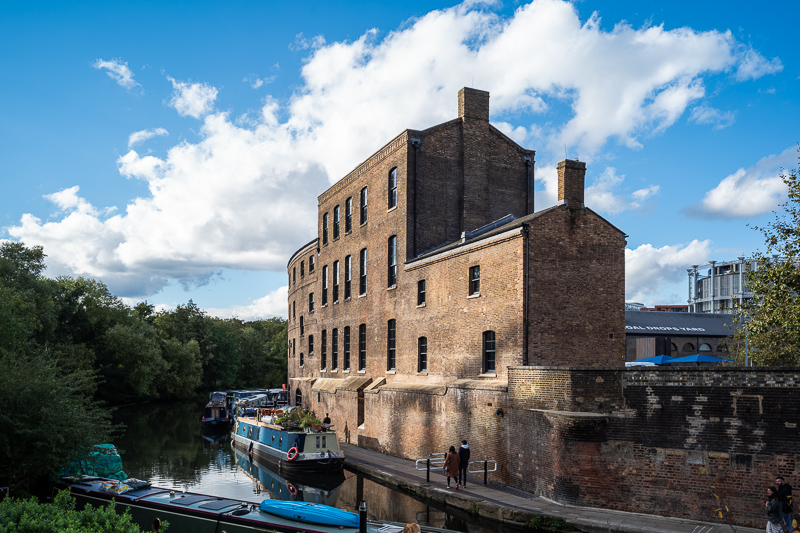
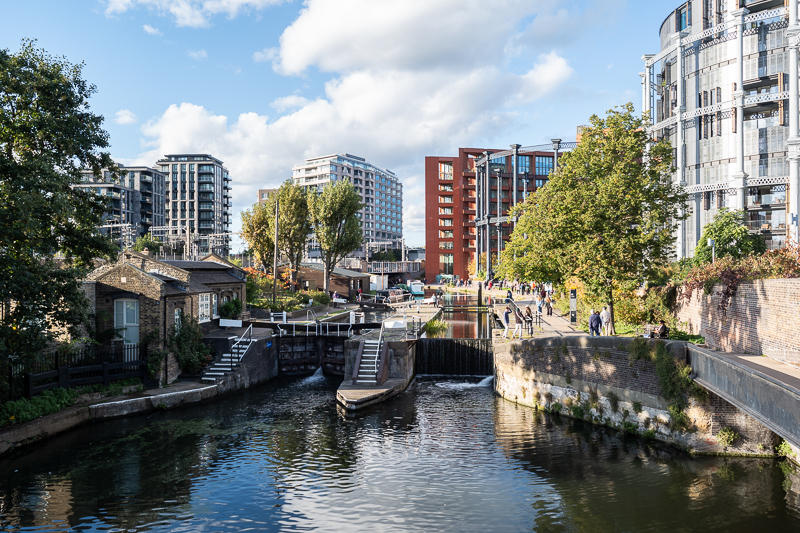
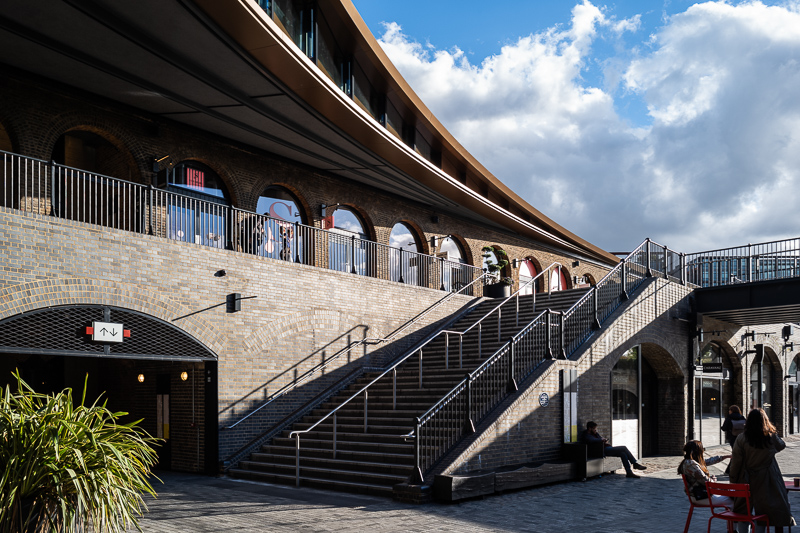
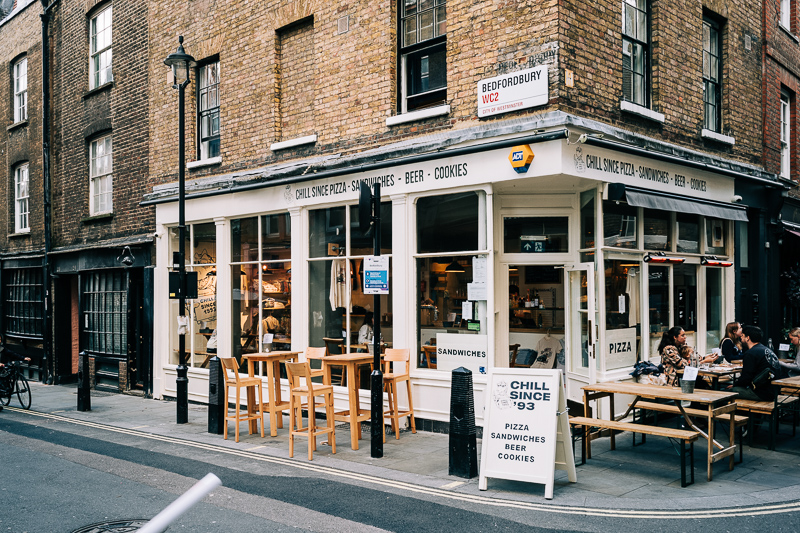
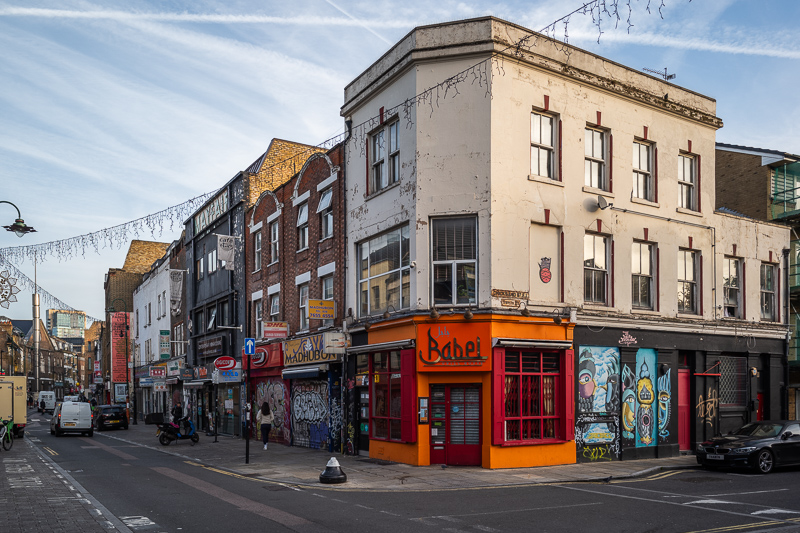
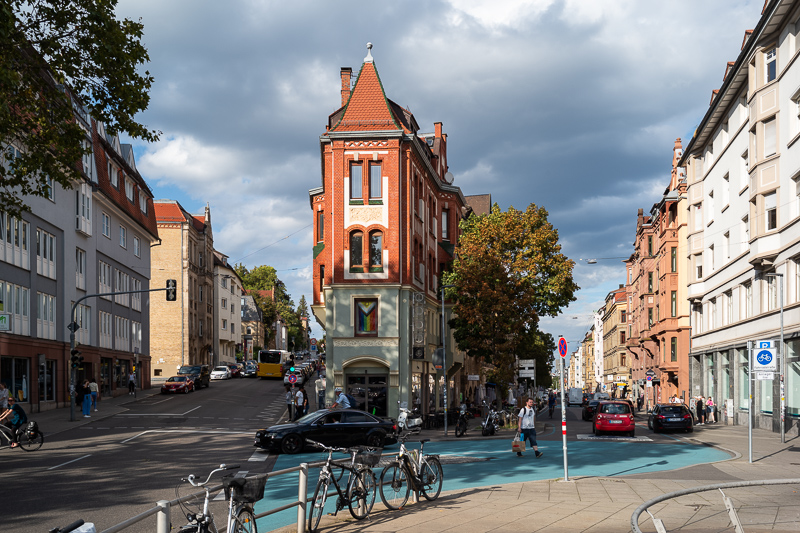
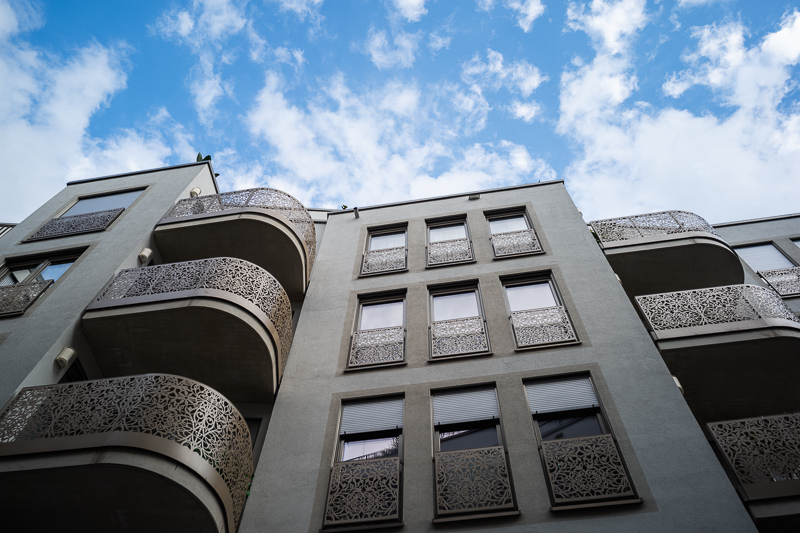

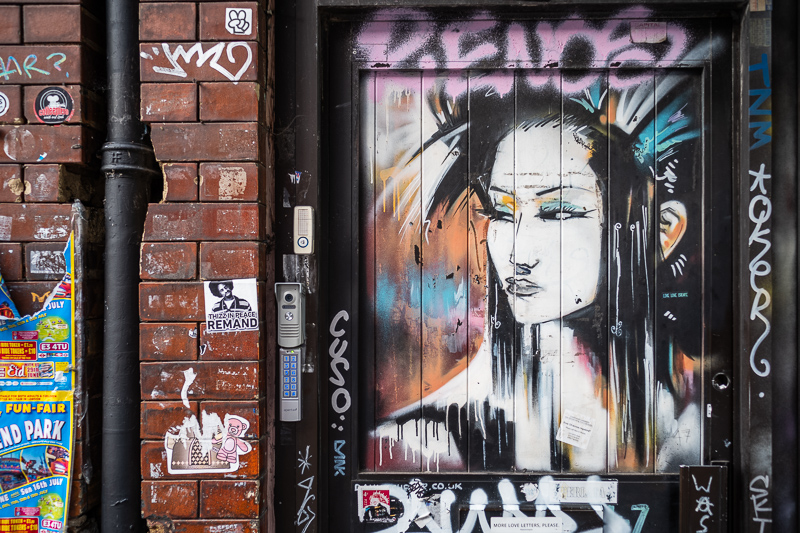
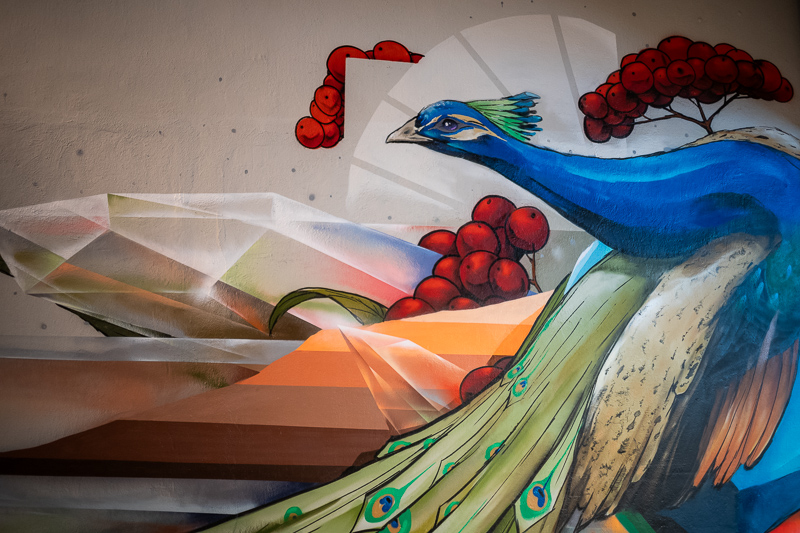
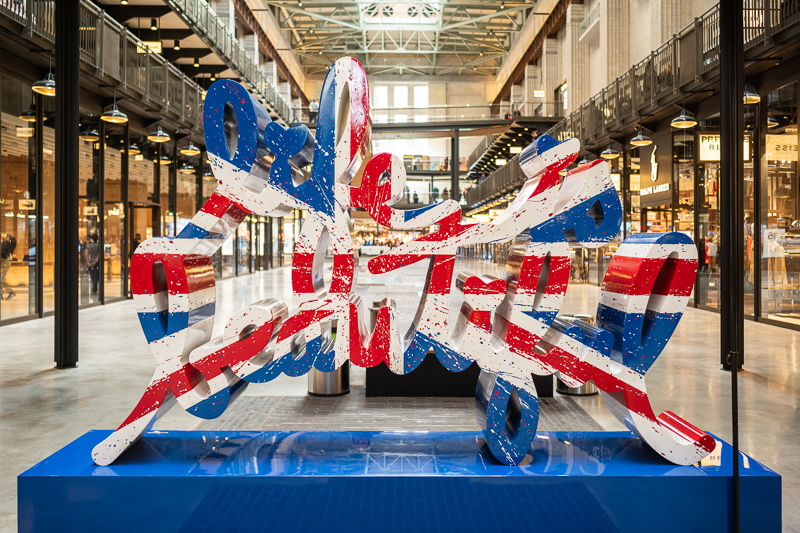
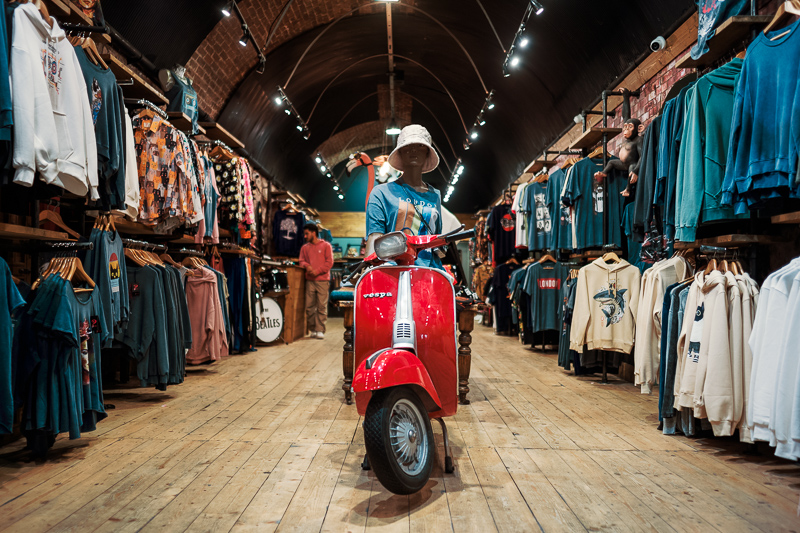
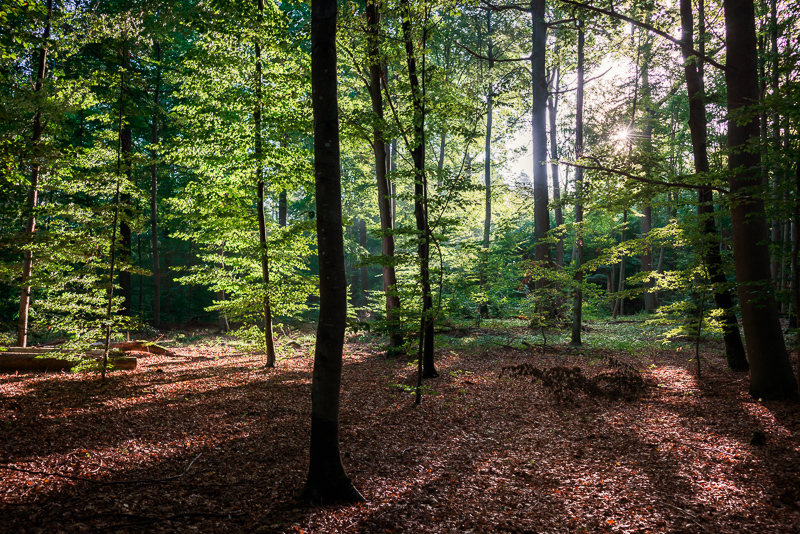
Most of the sample images in this review can be found in full resolution here.
Further Reading
- All M-mount lens reviews
- How to take better pictures?
- Analogue Adventures landing page
- Review: Laowa 28mm 1.2 – The world’s fastest 28mm lens
- Review: Voigtländer VM 35mm 1.2 III Nokton
Support Us
Did you find this article useful or just liked reading it? Treat us to a coffee!
![]()
![]()
![]() via Paypal
via Paypal
This site contains affiliate links. If you make a purchase using any of the links marked as affiliate links, I may receive a small commission at no additional cost to you. This helps support the creation of future content.
Latest posts by BastianK (see all)
- Review: Thypoch 21mm 3.5 Ksana Epoch - January 13, 2026
- Review: Canon EF 50mm 1.0 L USM – Still the world’s fastest AF lens - December 30, 2025
- Review: Nikon Nikkor 105mm 1.8 Ai-s - December 28, 2025
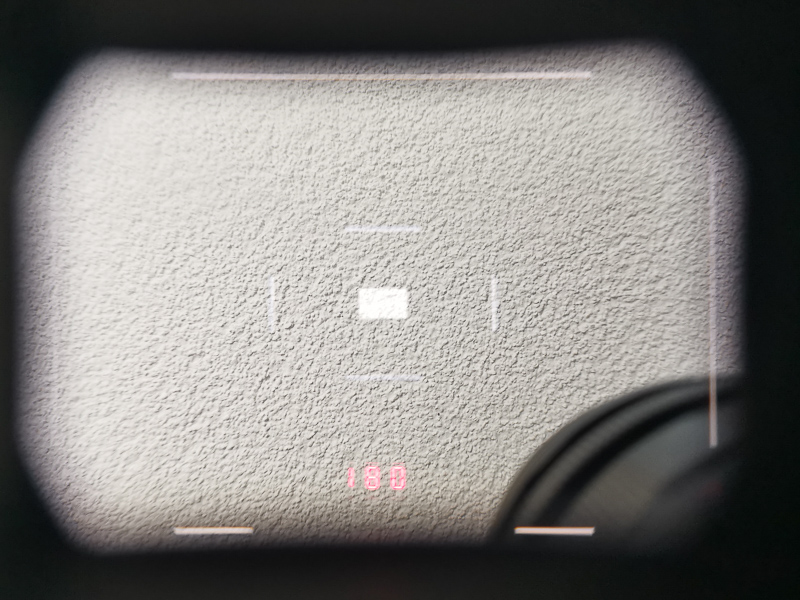
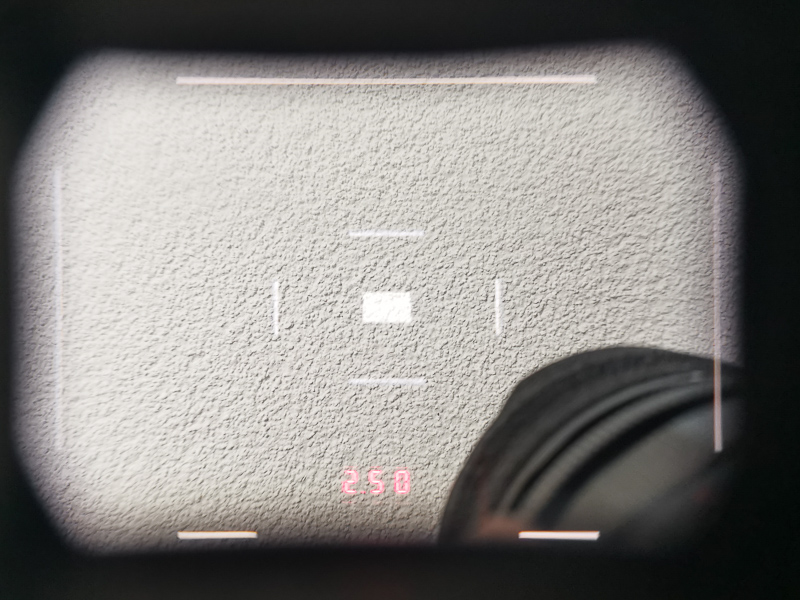
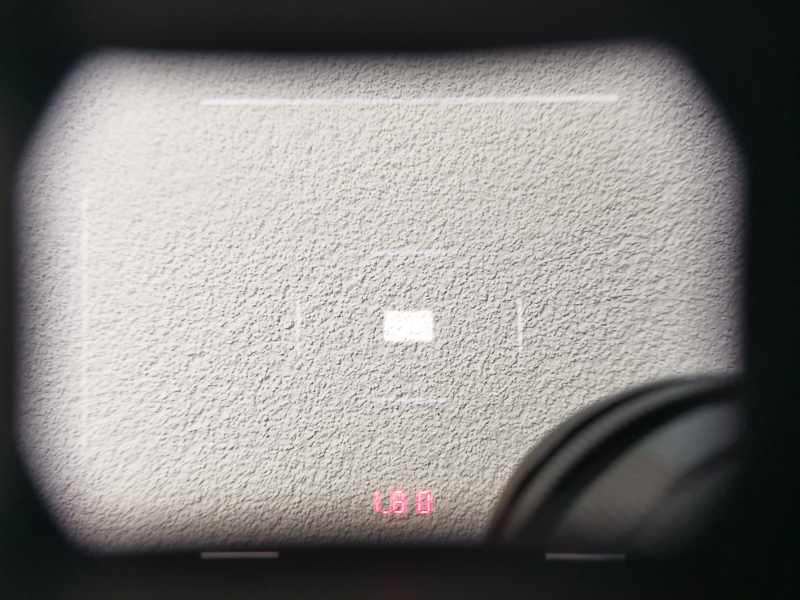
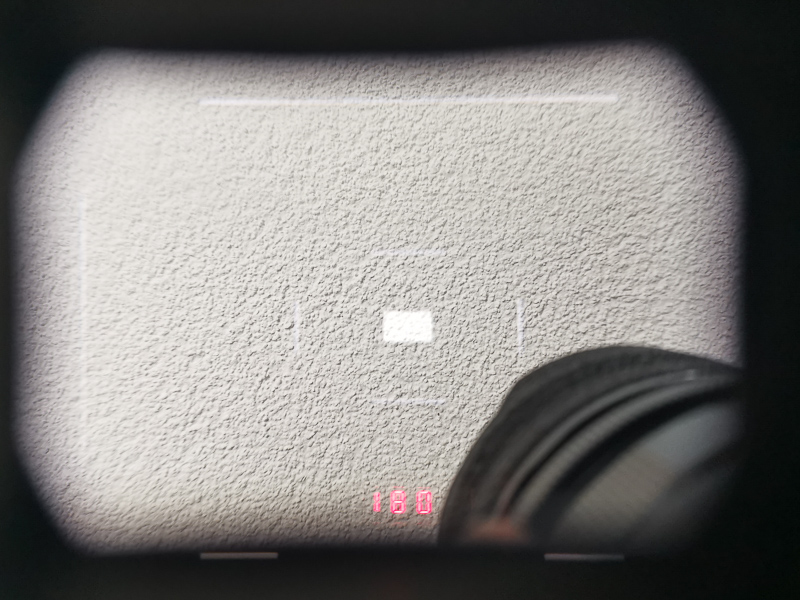







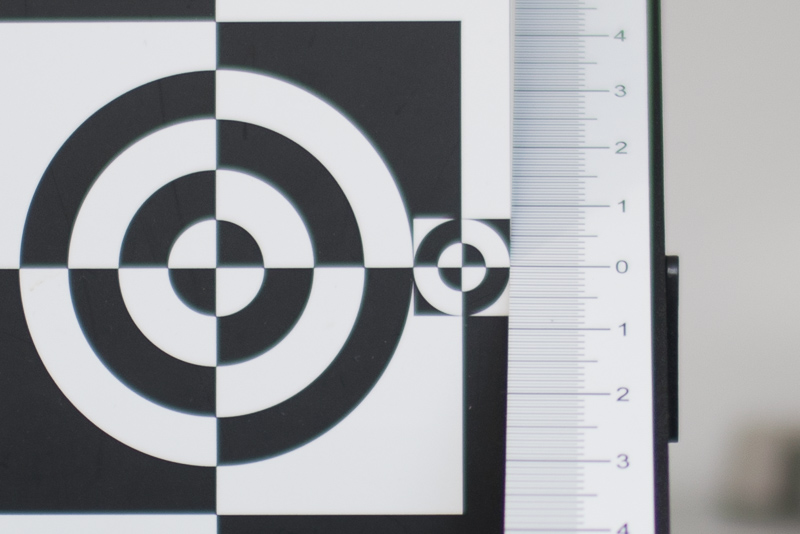
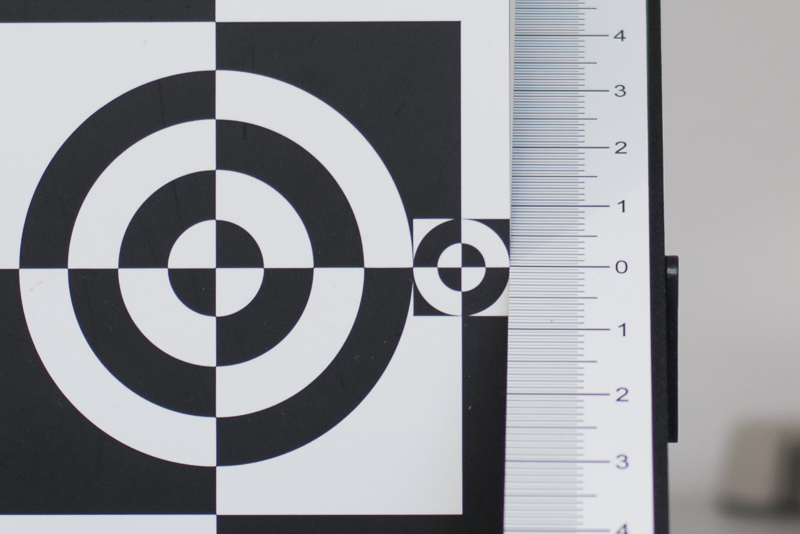
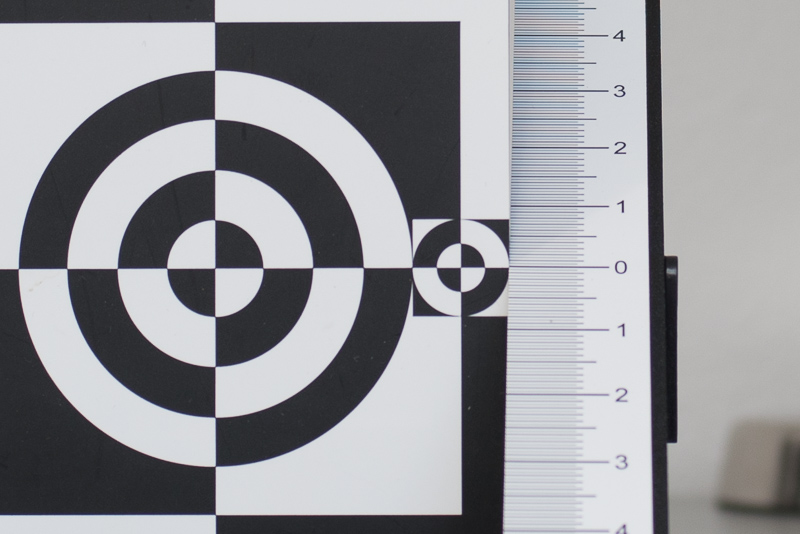
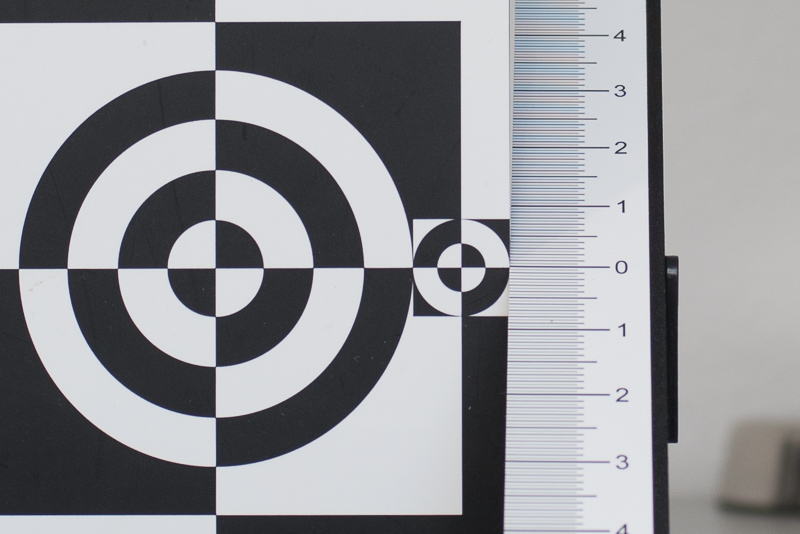
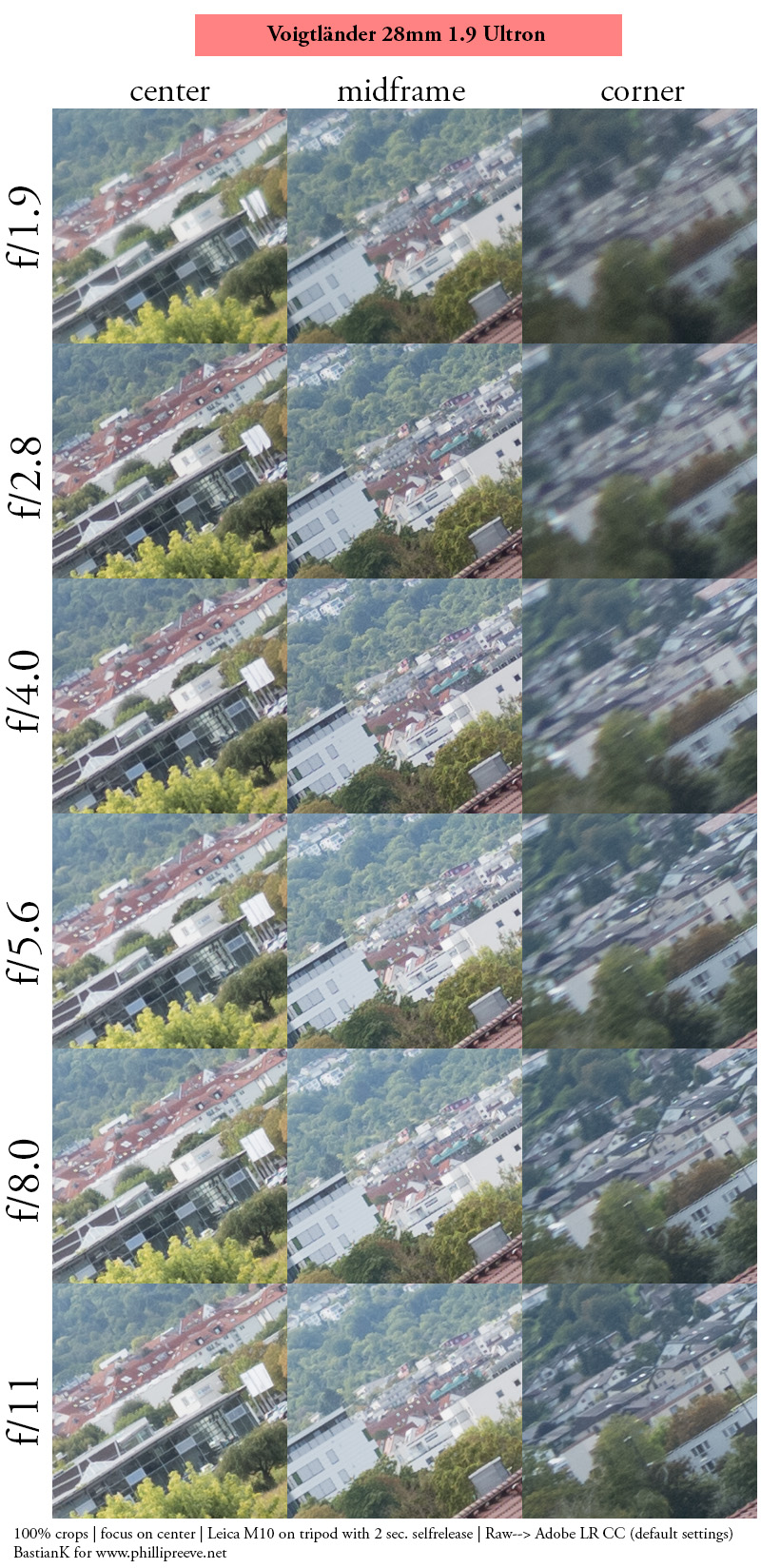
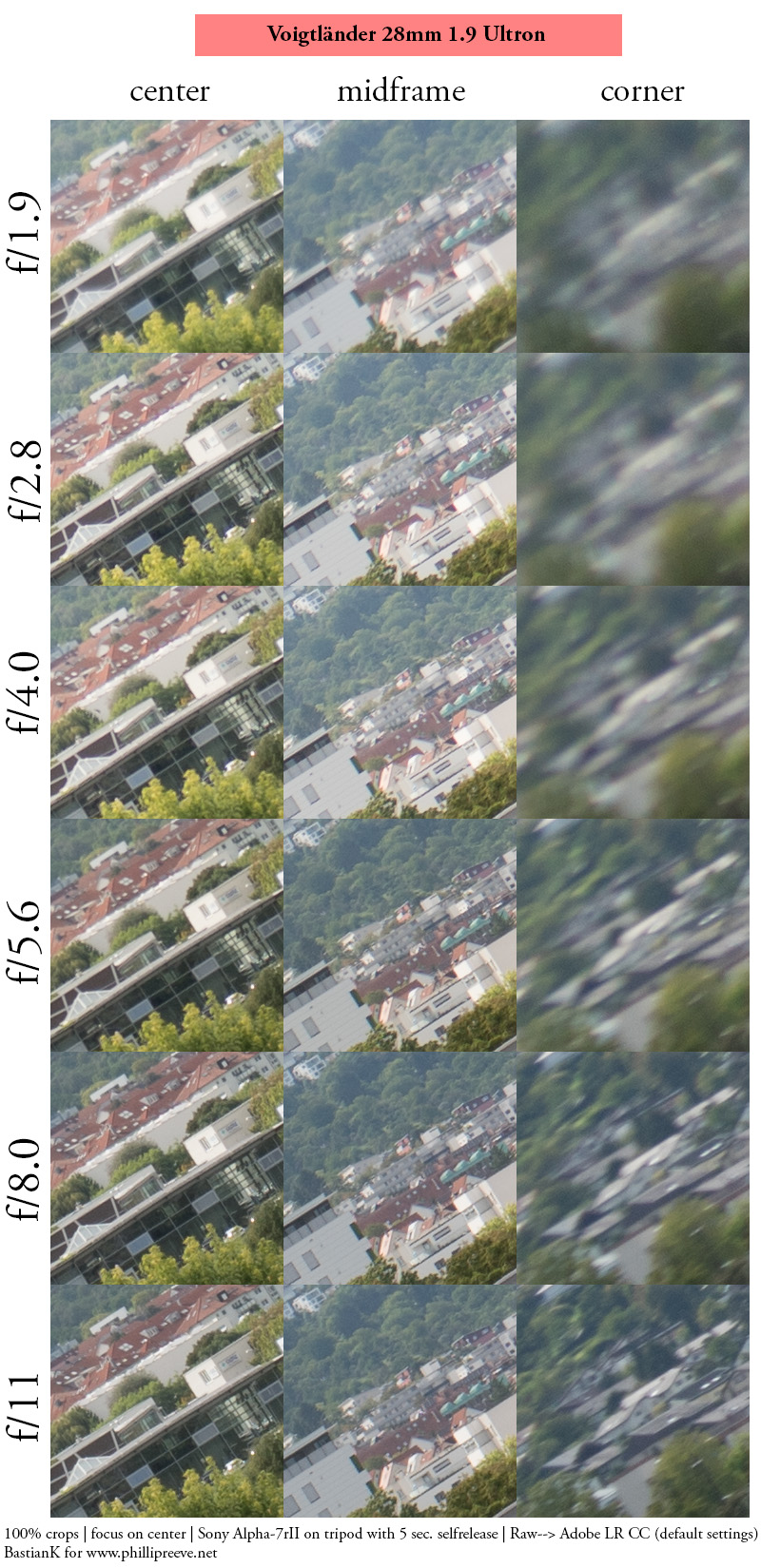
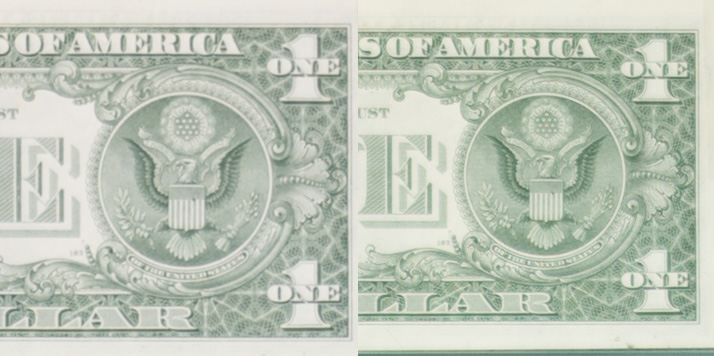
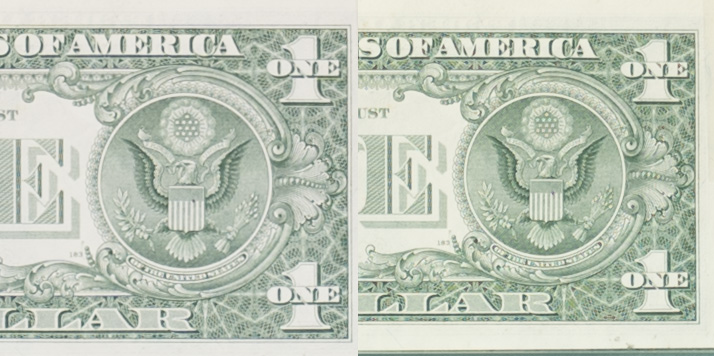
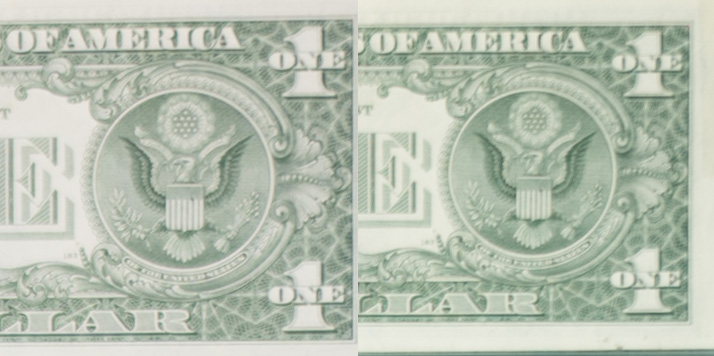
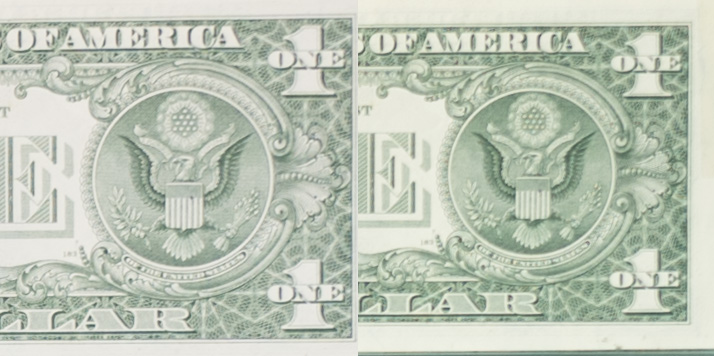
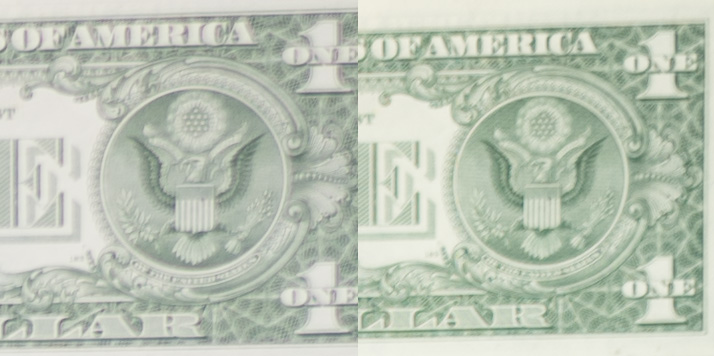
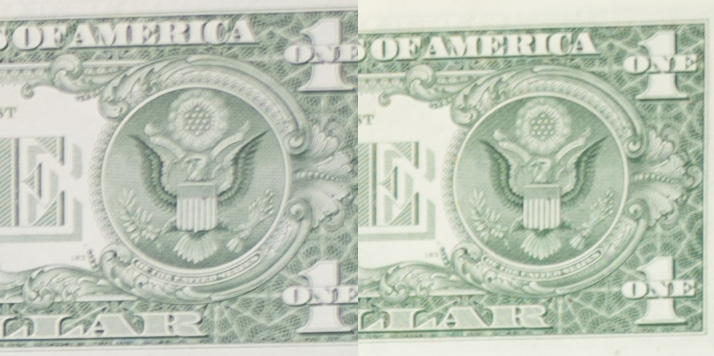
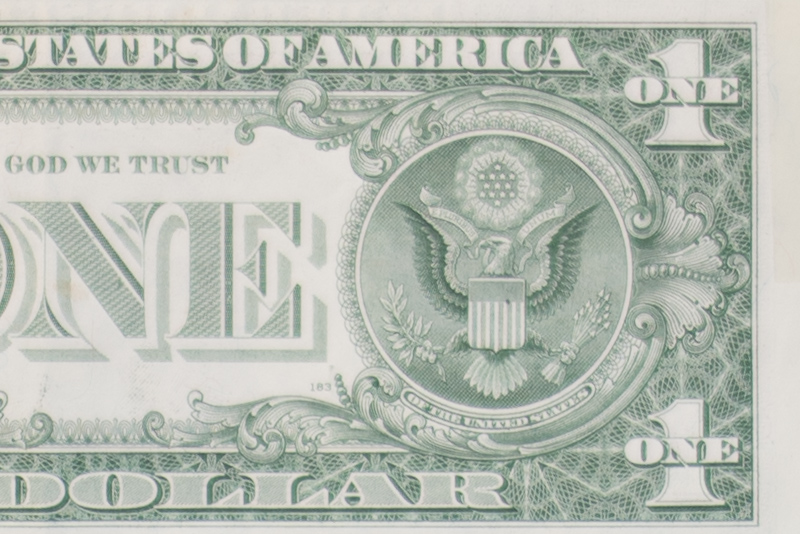
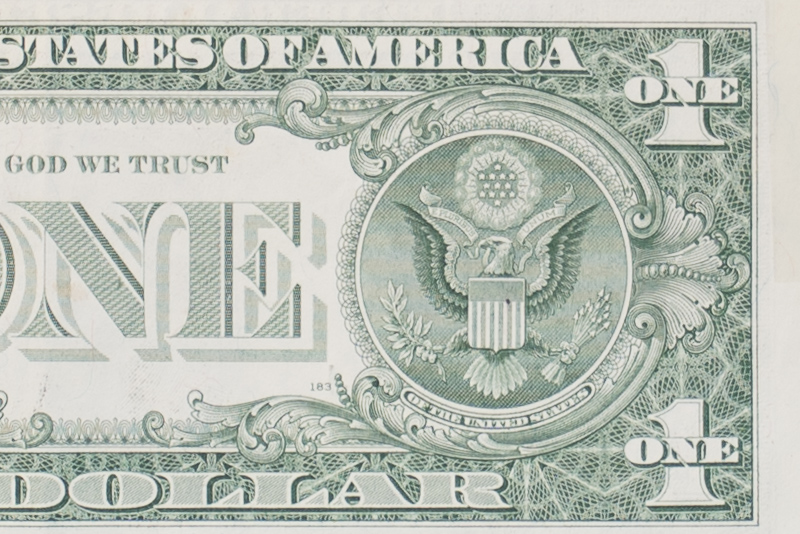
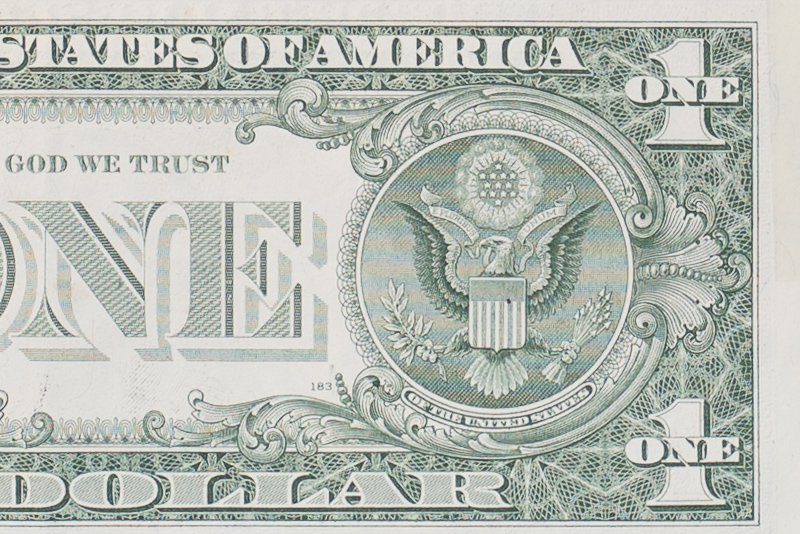
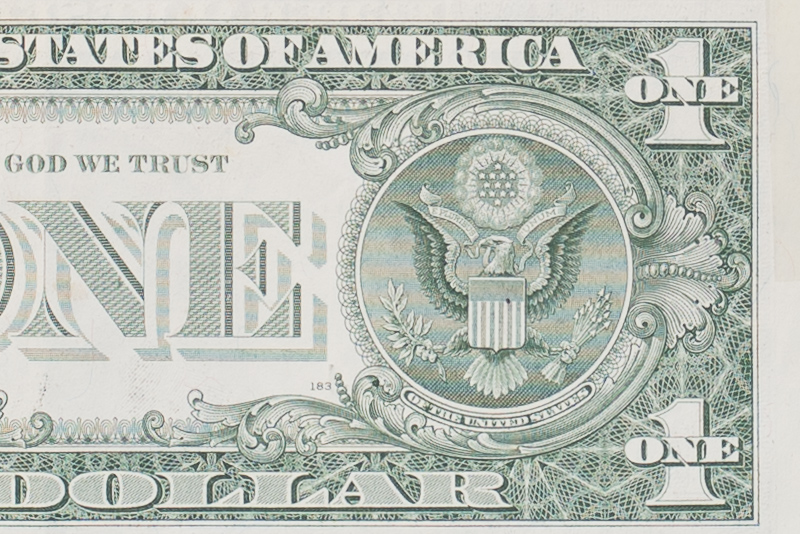
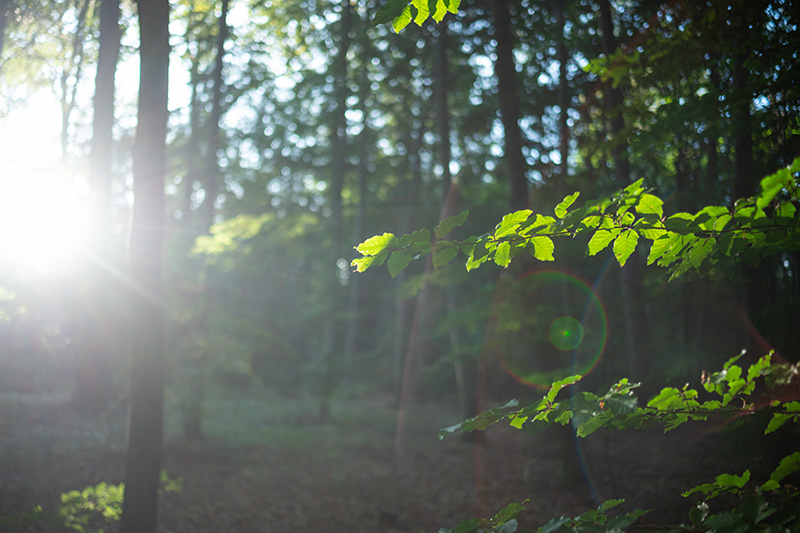
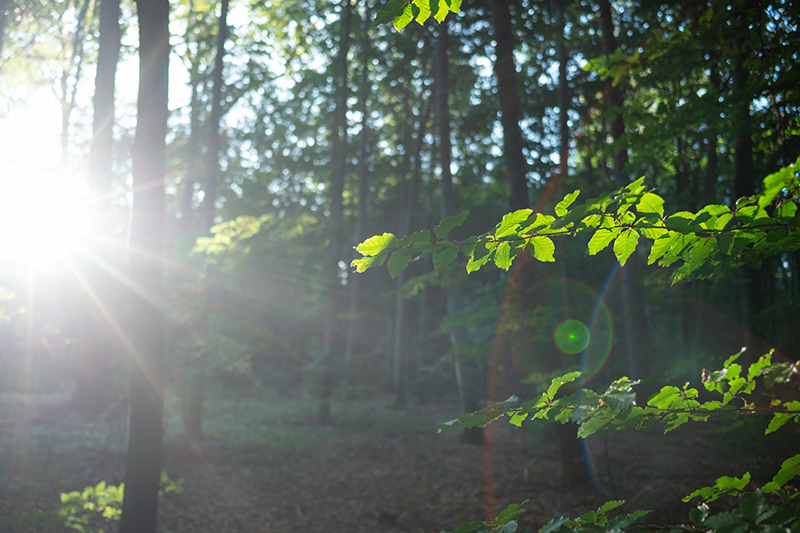
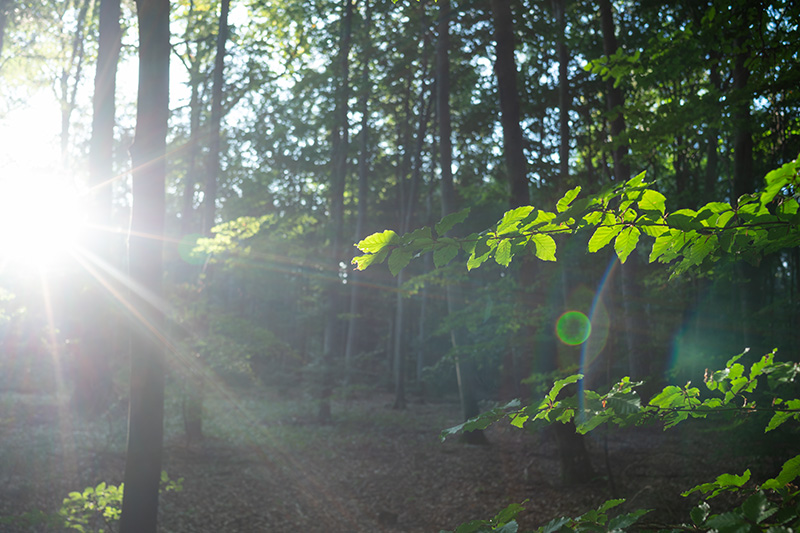
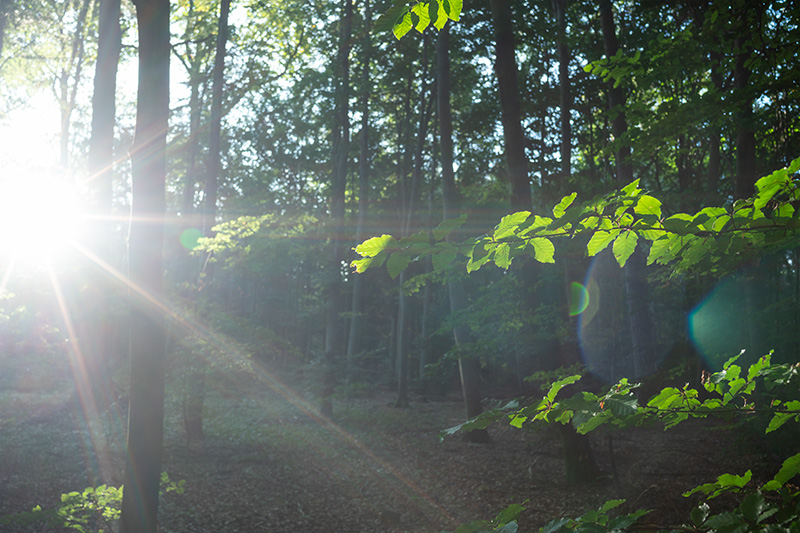
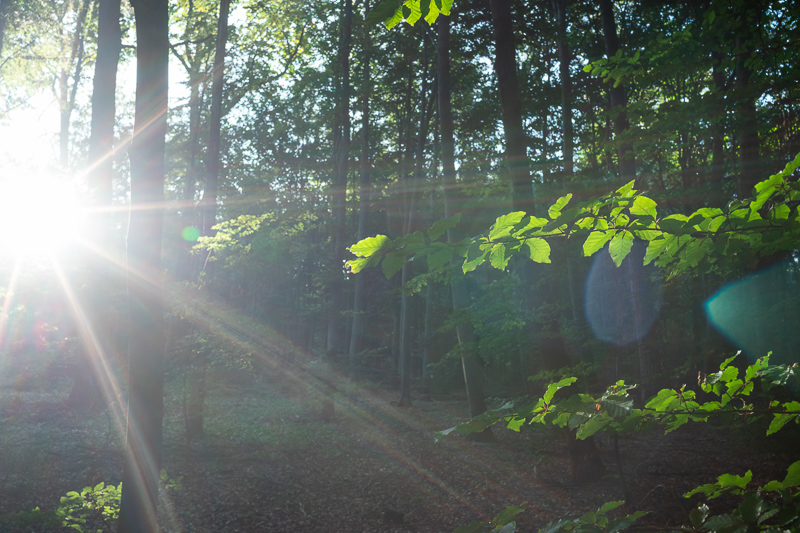
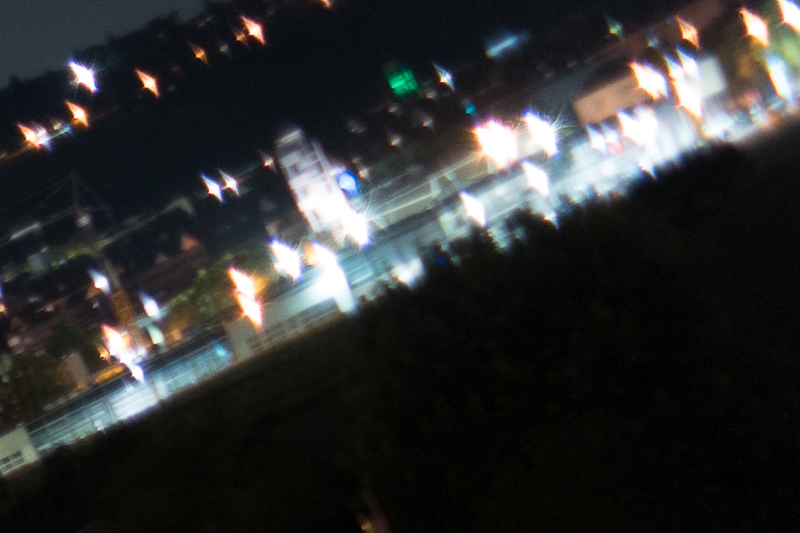
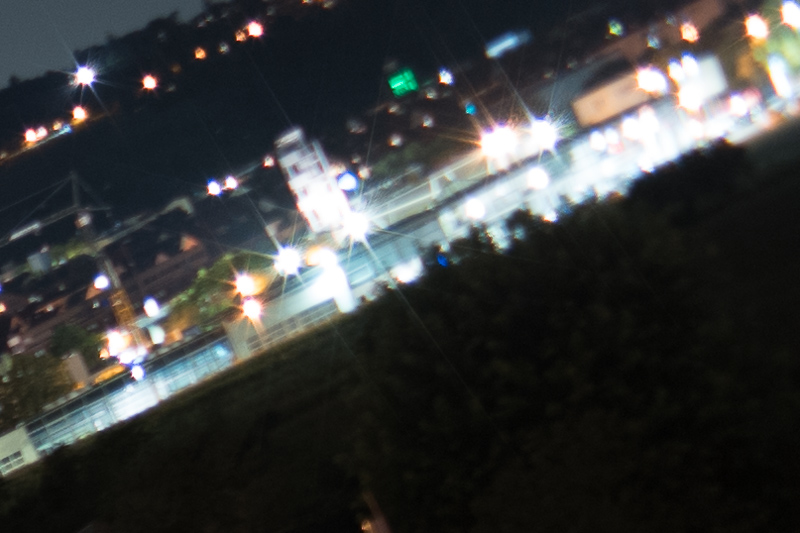
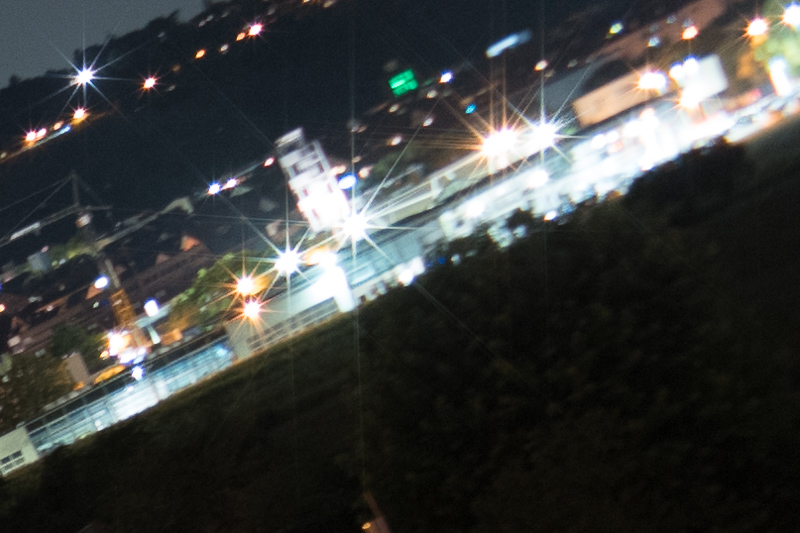
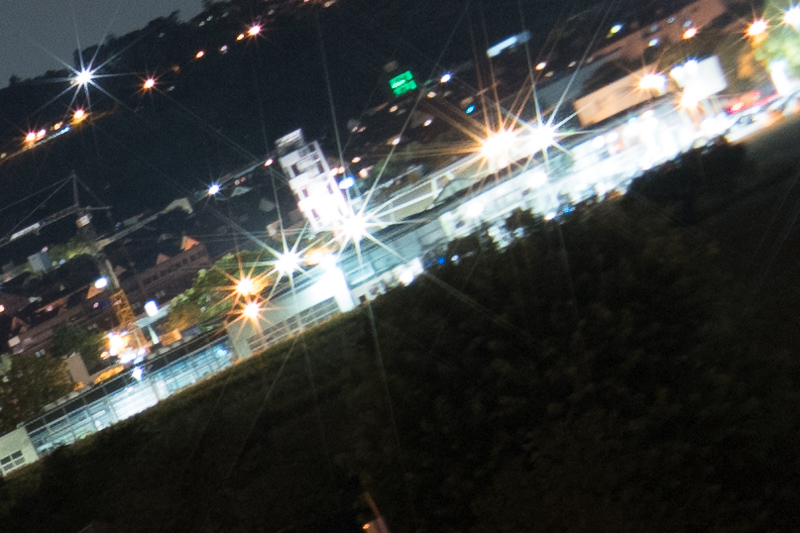
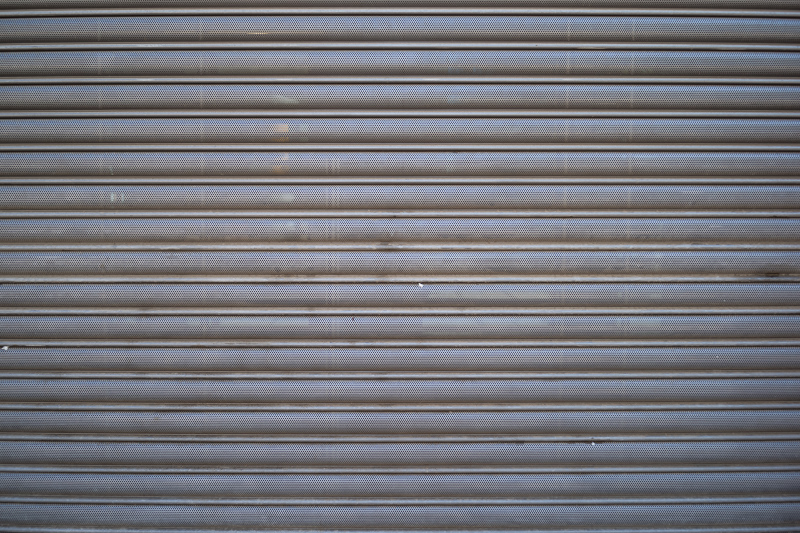
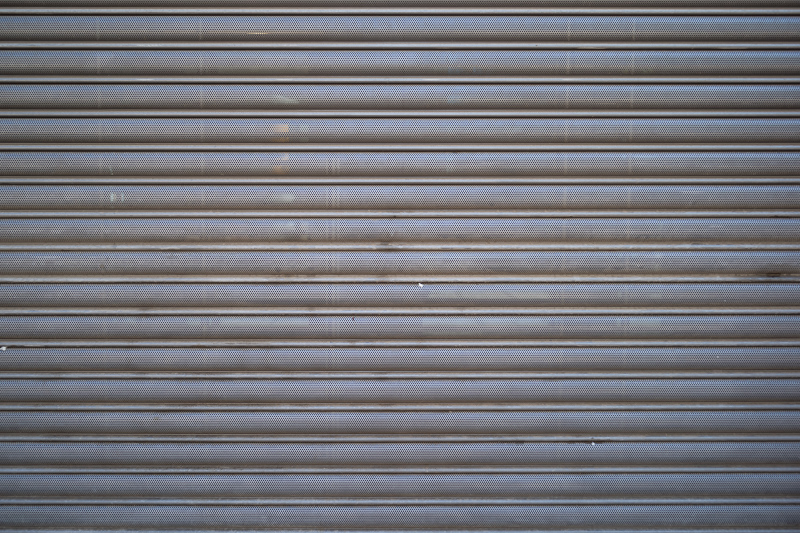
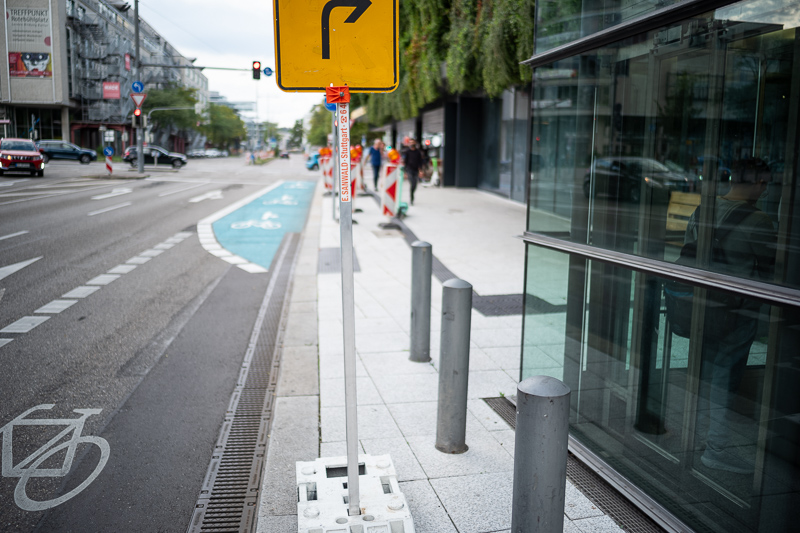
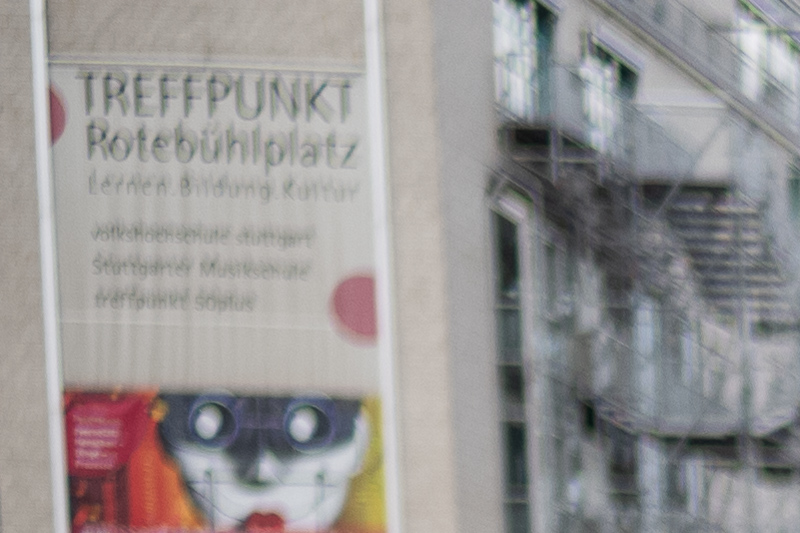
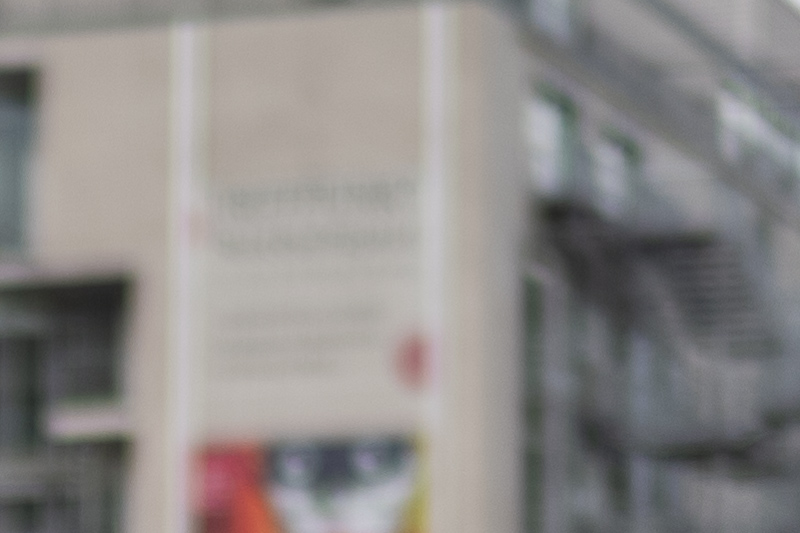
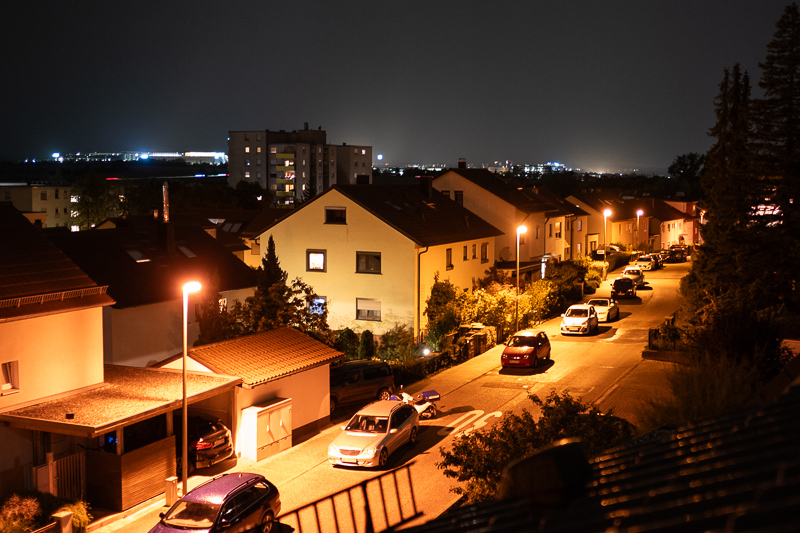
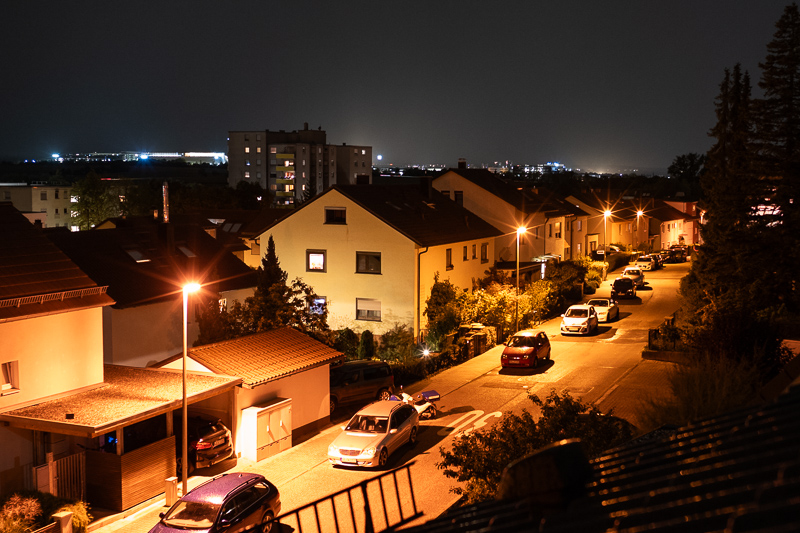
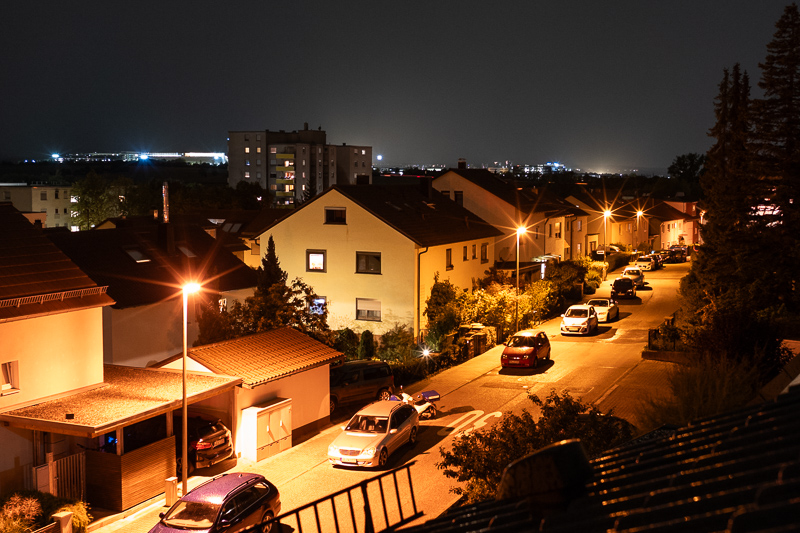
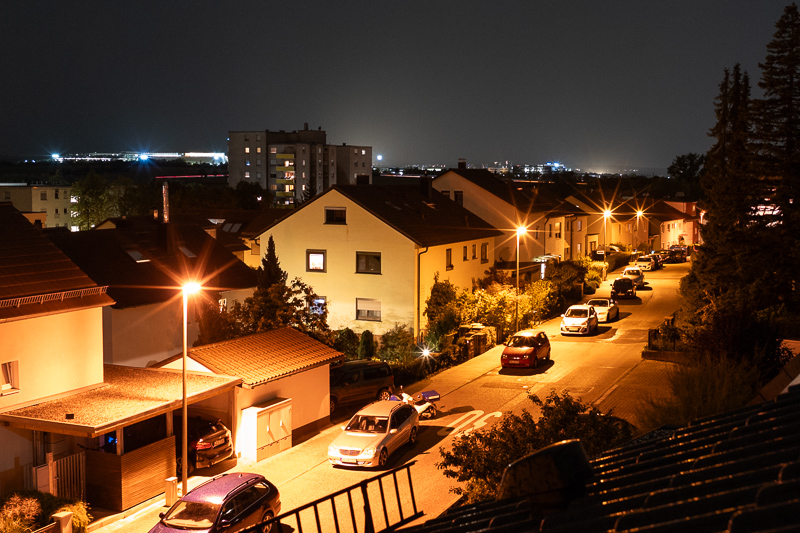
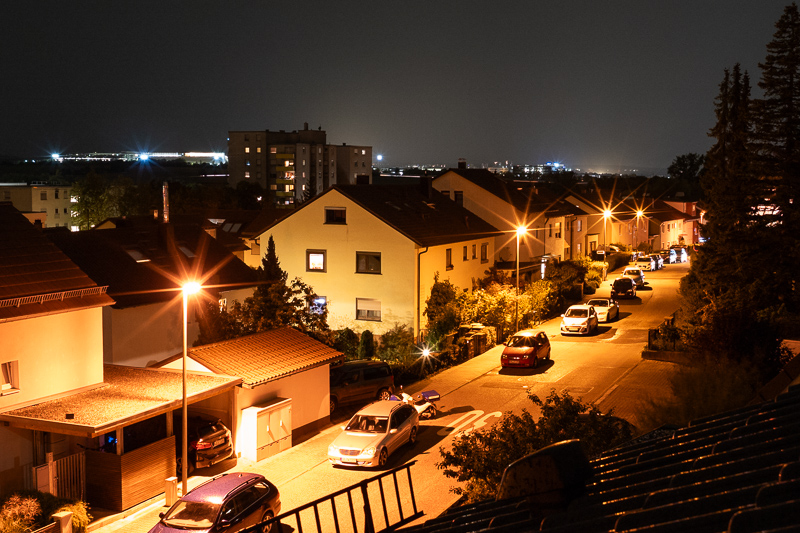
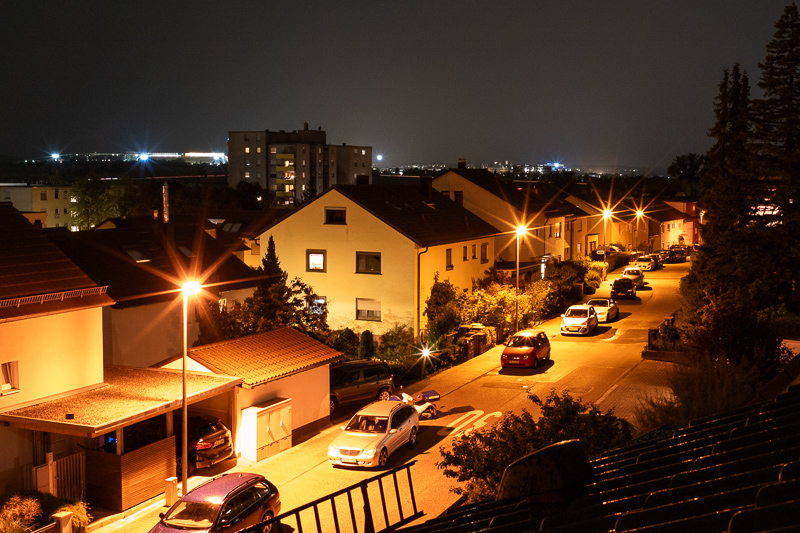
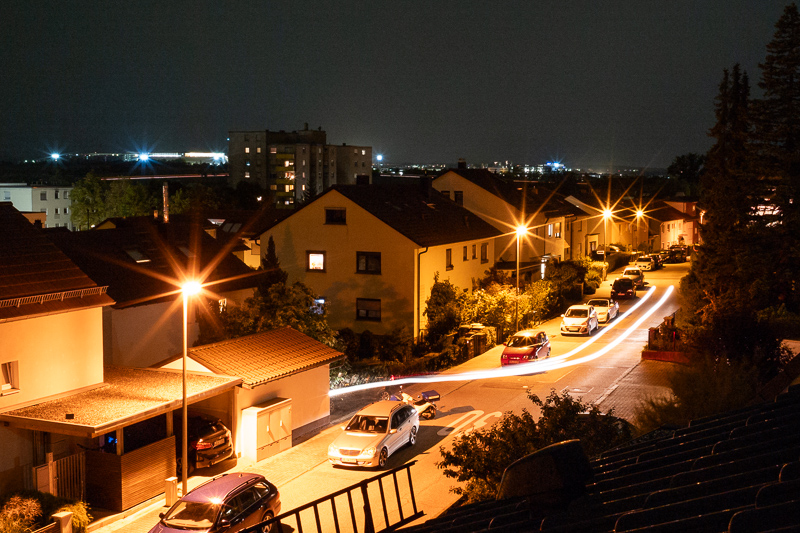
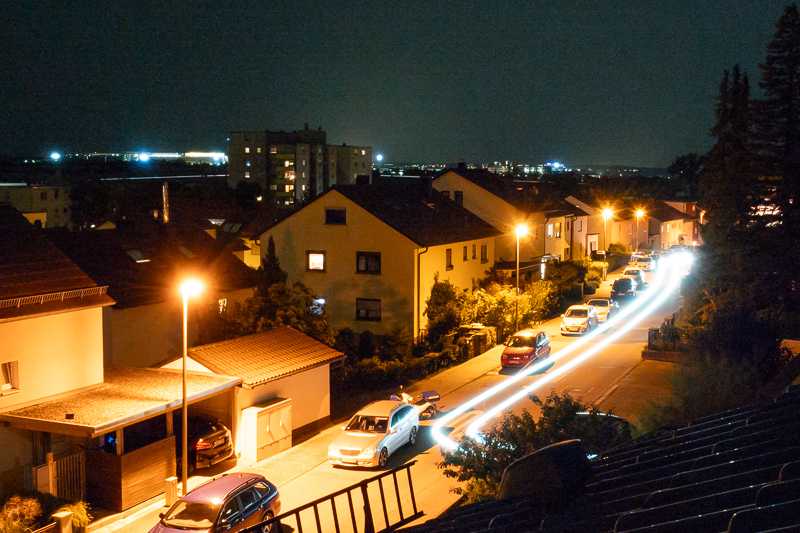
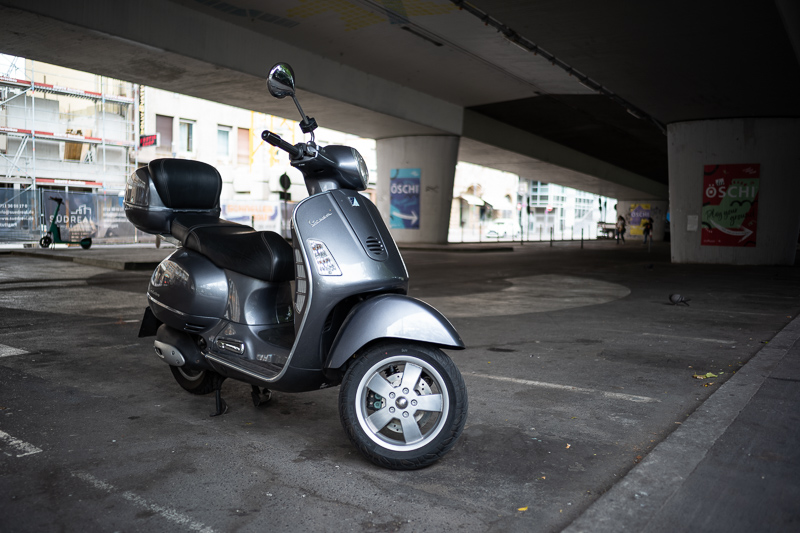
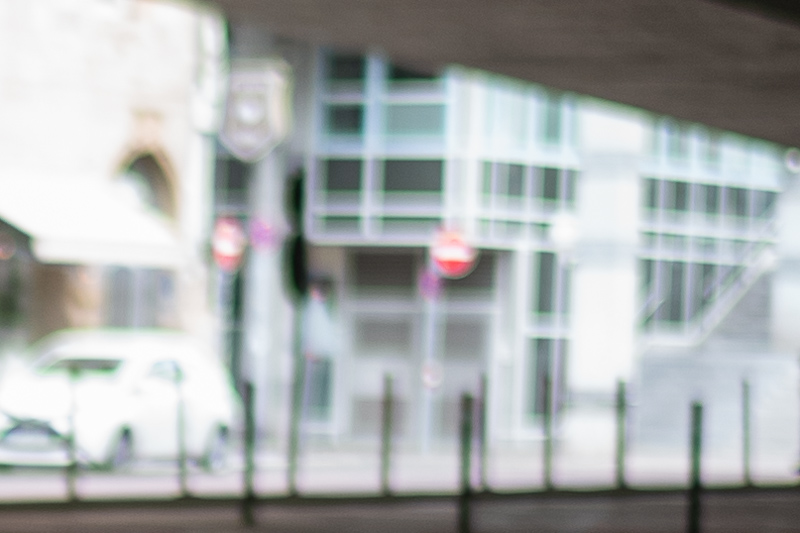
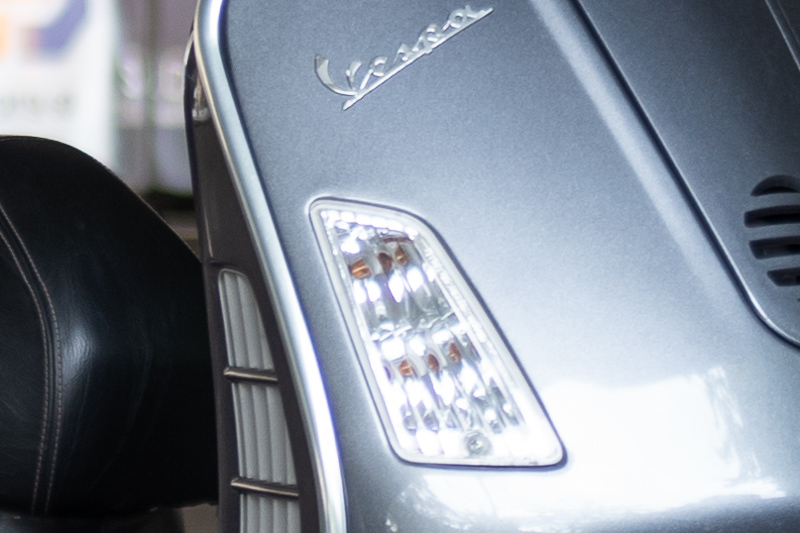
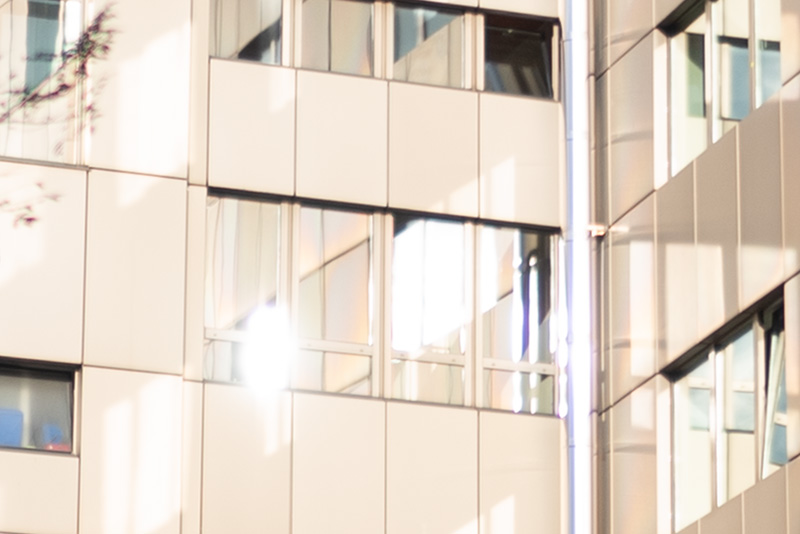
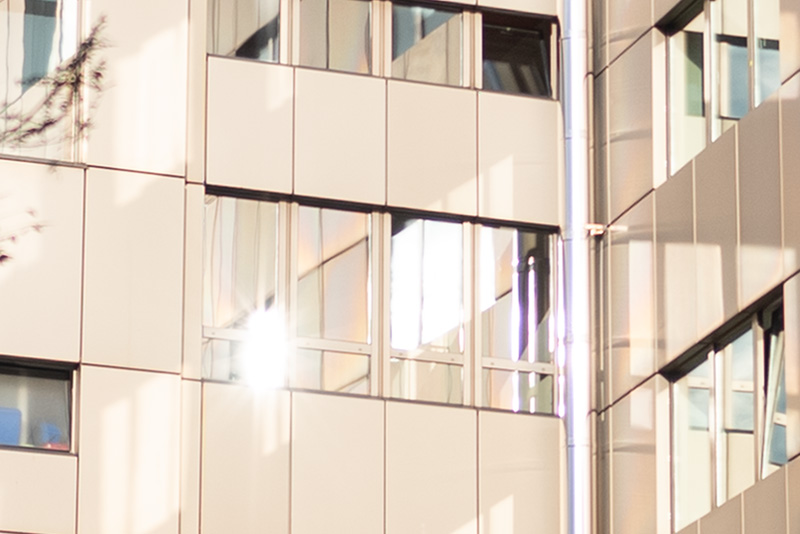
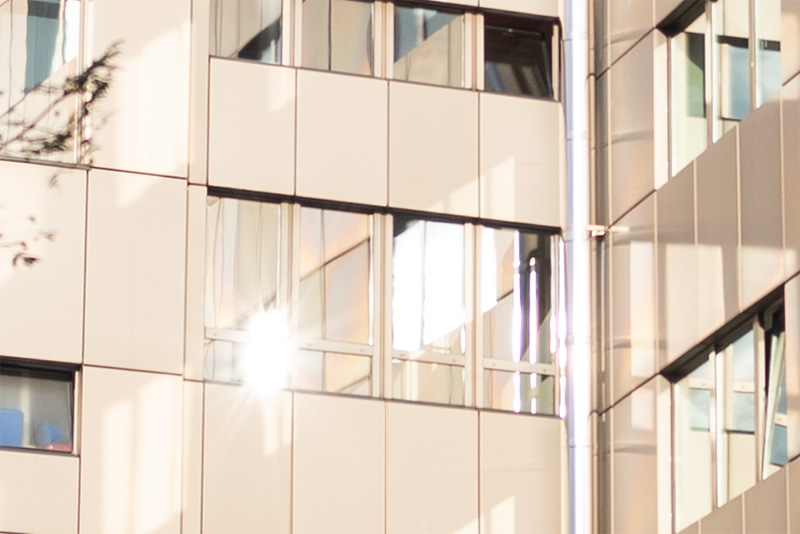
So many nice 28mm options… that won’t play nice with my E mount camera. 😭
Agree…. I´ll just stick to my old vintage Pentax 28mm 2.8 for now. But the Typooch 28 1.4 looks nice.
I don’t expect image quality from this lens, but this sample is clearly decentered, as there is clearly an asymmetrical halo in the center
According to you every lens that has ever been reviewed here is decentered.
I wish you would work for every lens manufacturer’s QA department.
PS: like every lens I review also this one has been tested for centering and it is very much okay for a lens from its time.
It’s clear that Bastian doesn’t think much of this lens, and yet I liked the sample images much more than most review pics on this site. Either he has suddenly become a much more brilliant photographer, or this is one of those lenses that shoots better than it tests! At any rate, I’ve got one that I bought new back in 2003; I’ve been keeping it around to use on various screw mount cameras, but it’s been years since I used it much. Thanks for giving me the motivation to get it out and give it some exercise!
(A) Bastian is quite a good photographer for wide angles. No wonder that the images are good. Never forget, photographers make photographs, not lenses.
(B) He clearly named the limitations of the lens, and these can clearly be seen in the images: It’s quite okay when stopped down beyond 2.8 (most images are f/8). More open, it has limitations. Whether they matter to you – your choice.
That’s what I like about this website: It doesn’t give ratings, rather names the strengths of weaknesses. Everyone can decide whether he/she needs fully sharp edges (many don’t), or a very short minimal focus distance.
Most important is that you know what you get (this website) and what you want (your task).
Thank you for relieving my abysmal ignorance about what photographers do and how to use a website! Maybe you should make a YouTube video…
Thanks for showing, that also with this mediocre lens nice photos can be taken.
The links to the Ultron 28mm Type II should be corrected, they all lead to the Type I review.
Is there a reason, why you do not mention the Thypoch Simera 28/1.4 ASPH as an alternative (which I prefer over the 7Artisans).
Actually by the time I worked on this review the Simera wasn’t available yet.
I may add it!
Type I and Type II are the same exact lens except for their outer appearance.